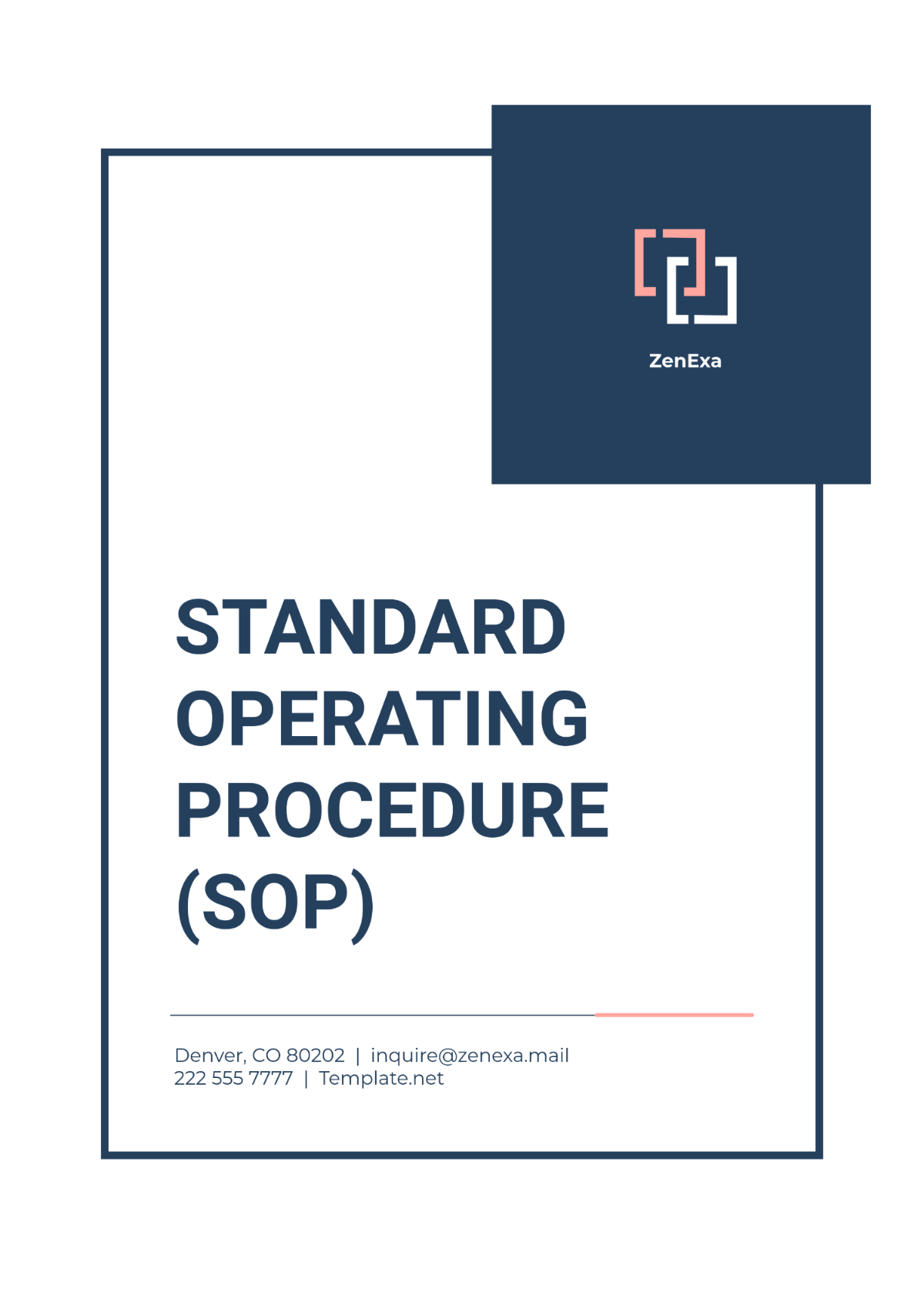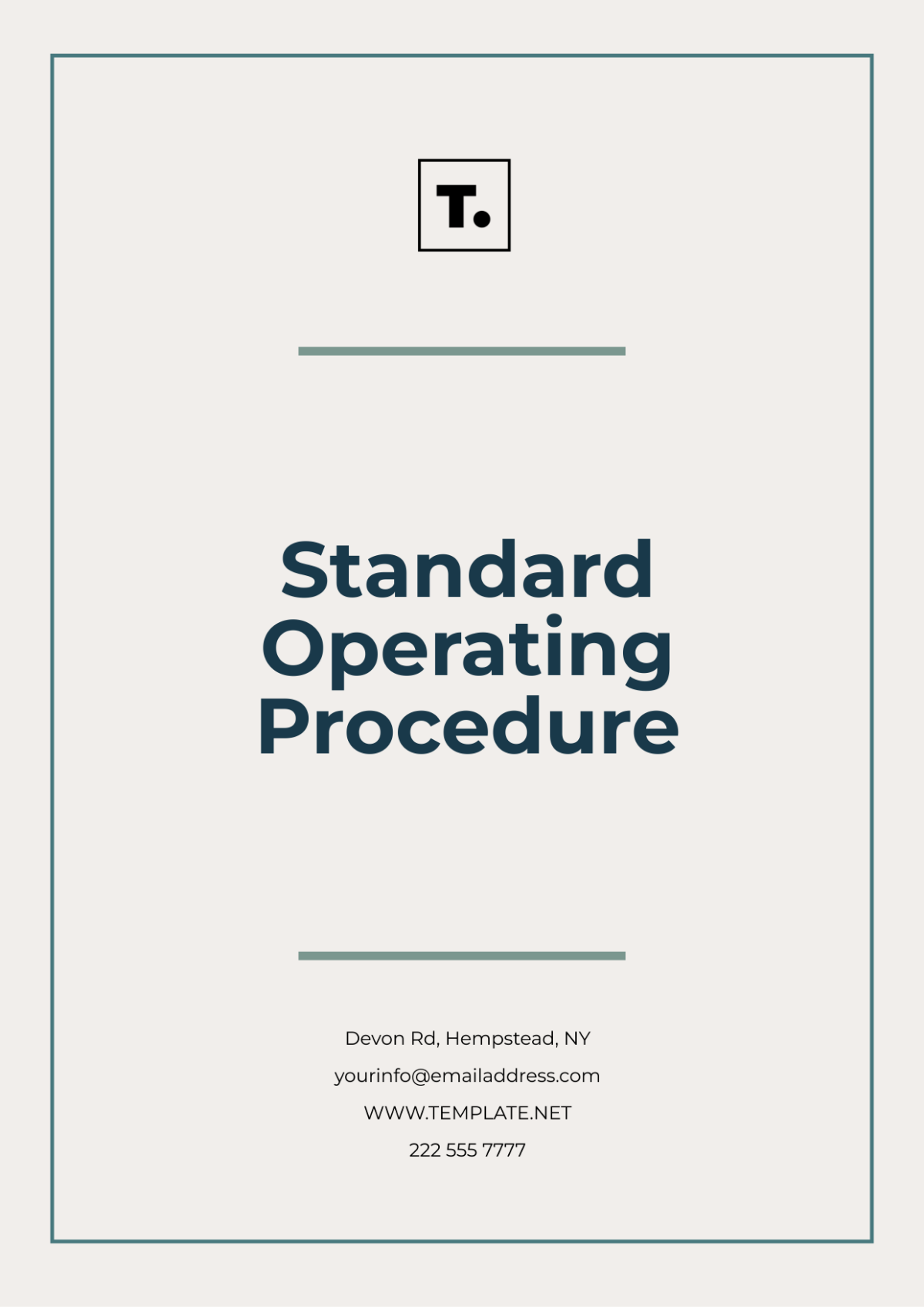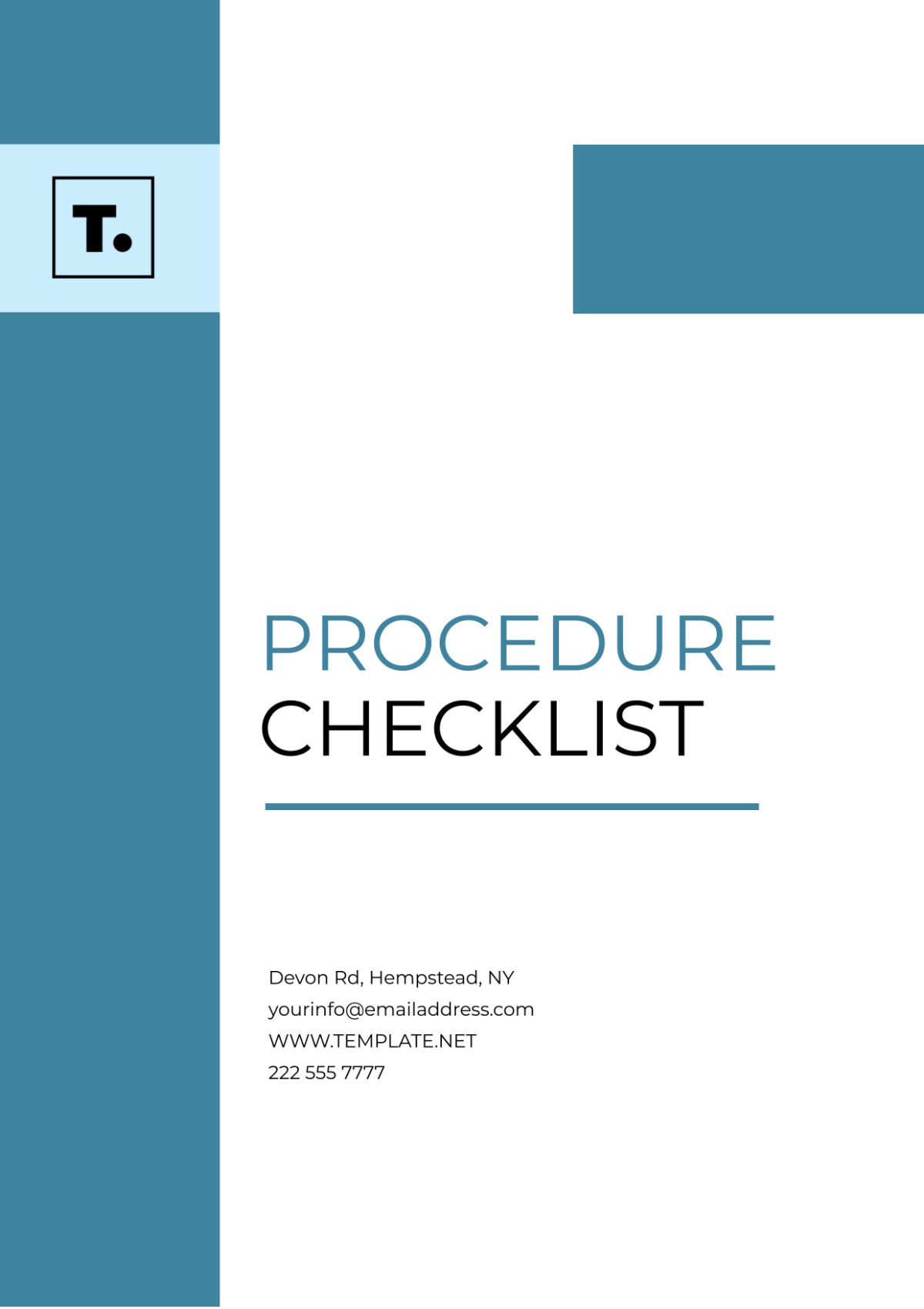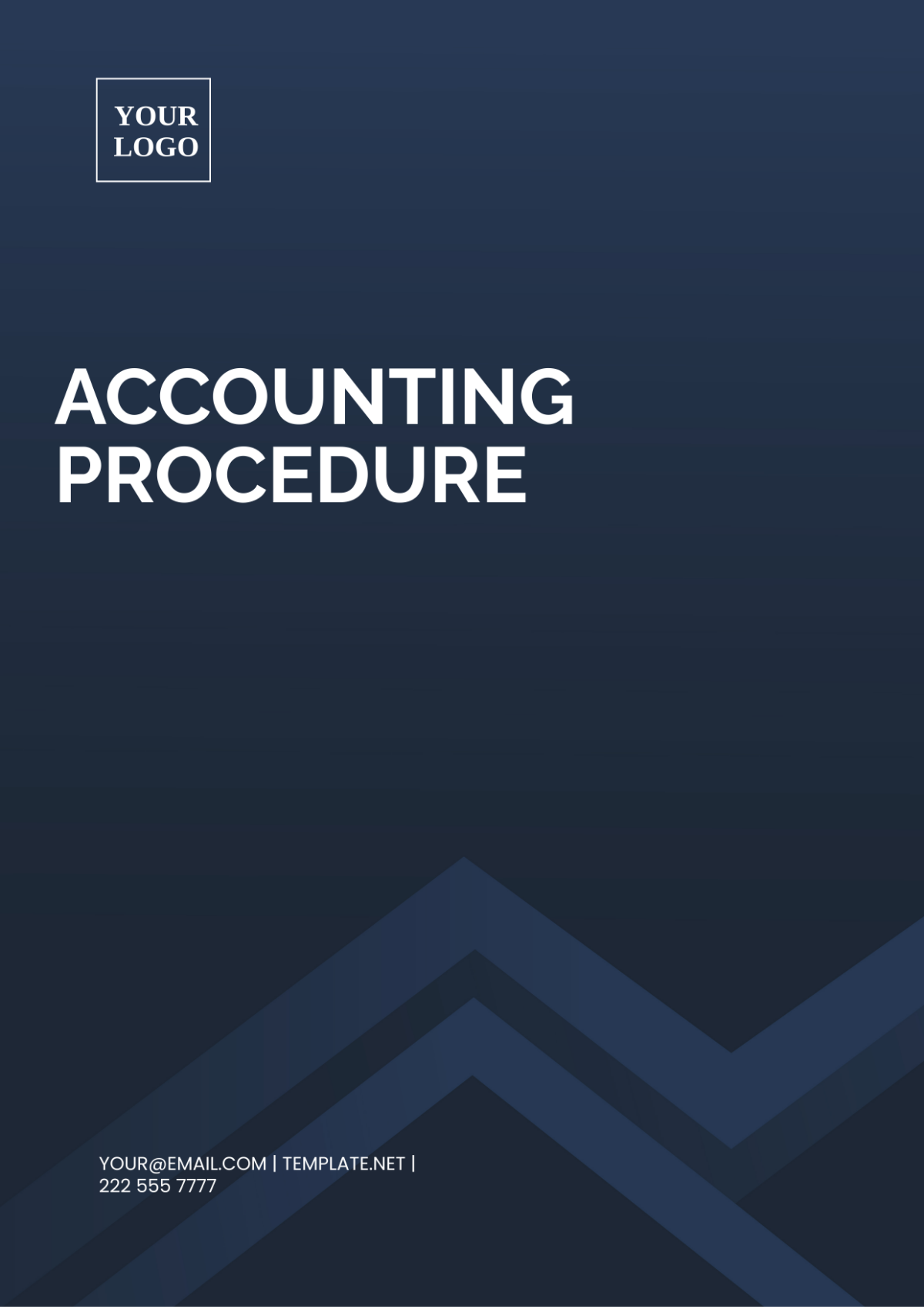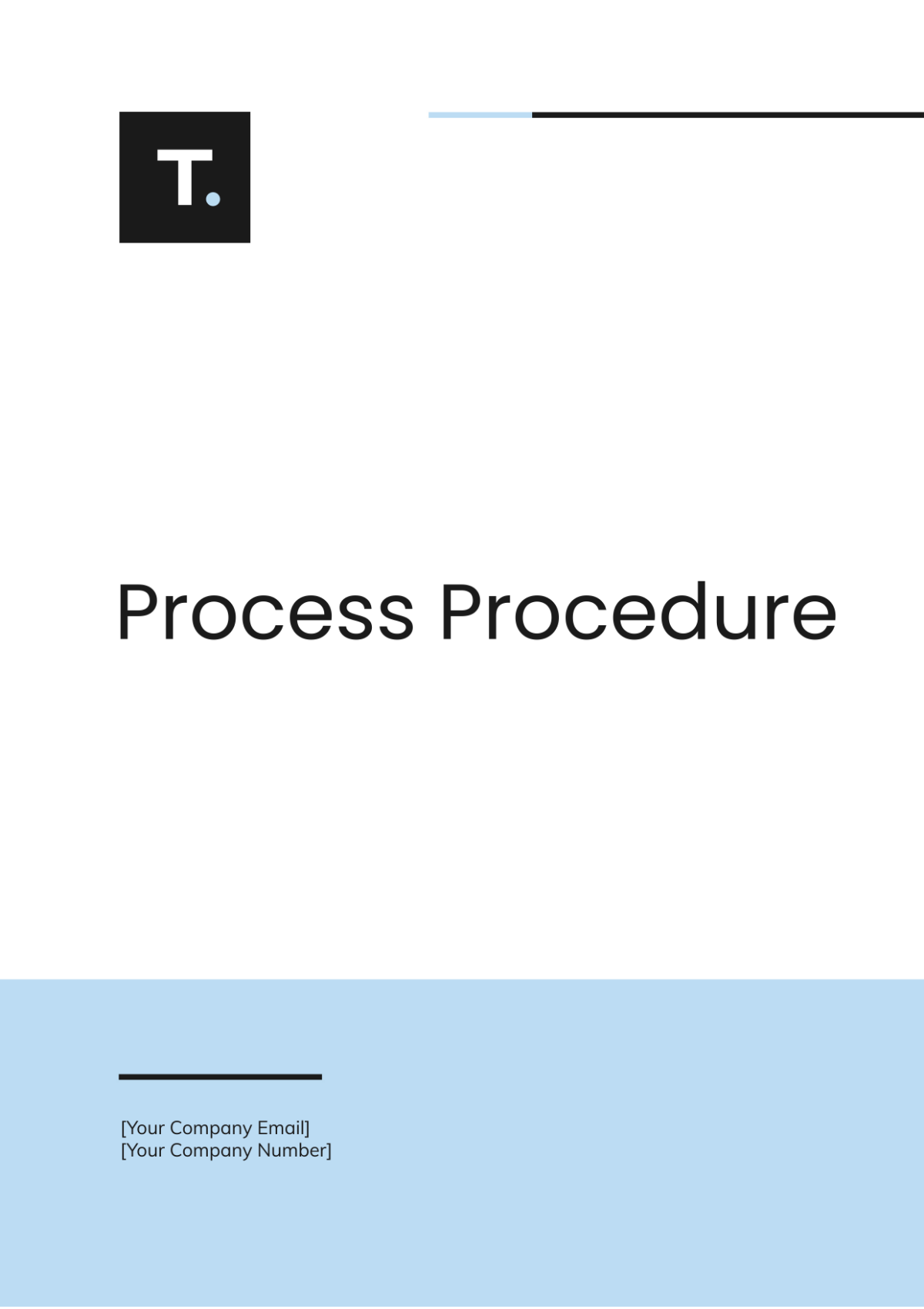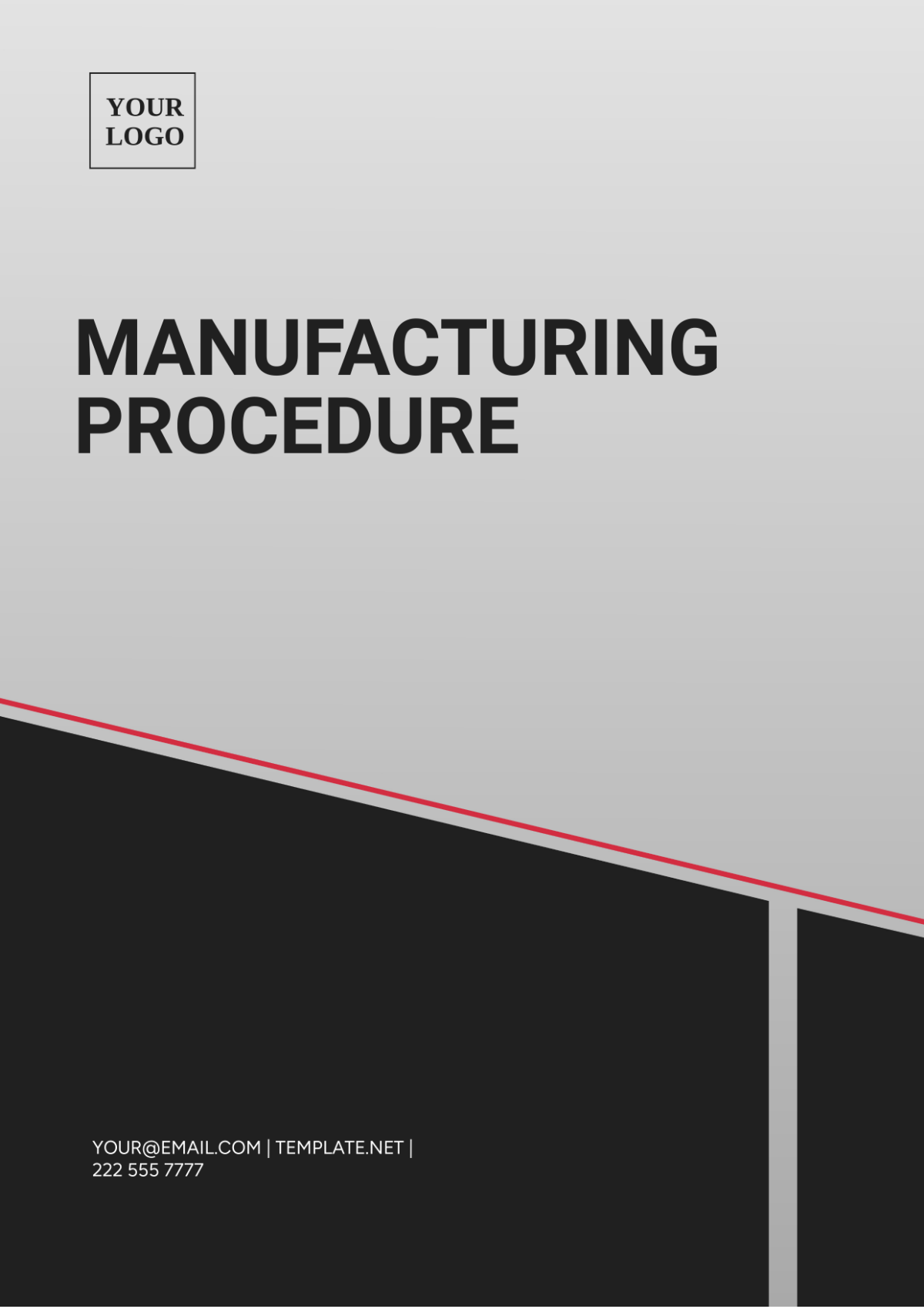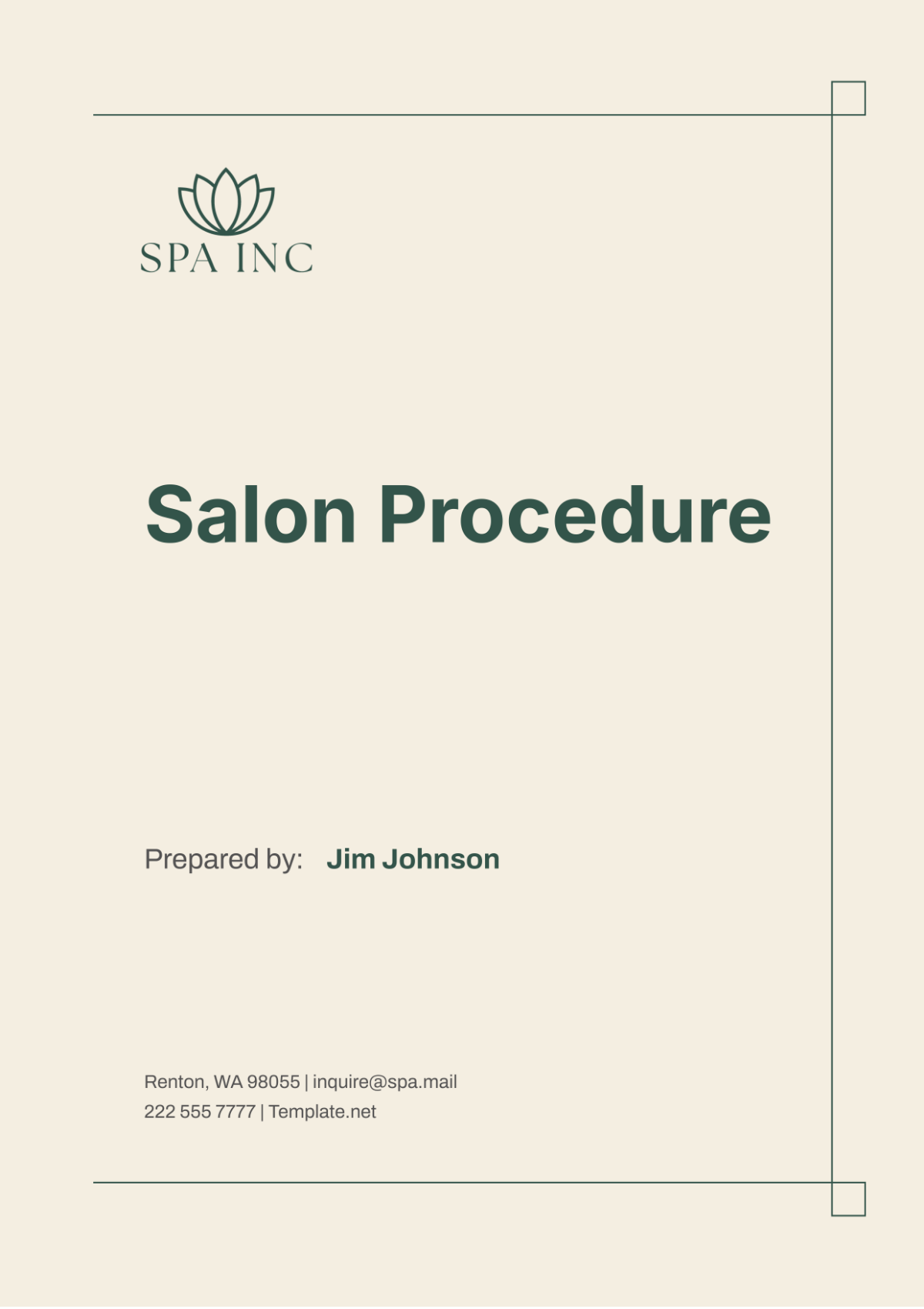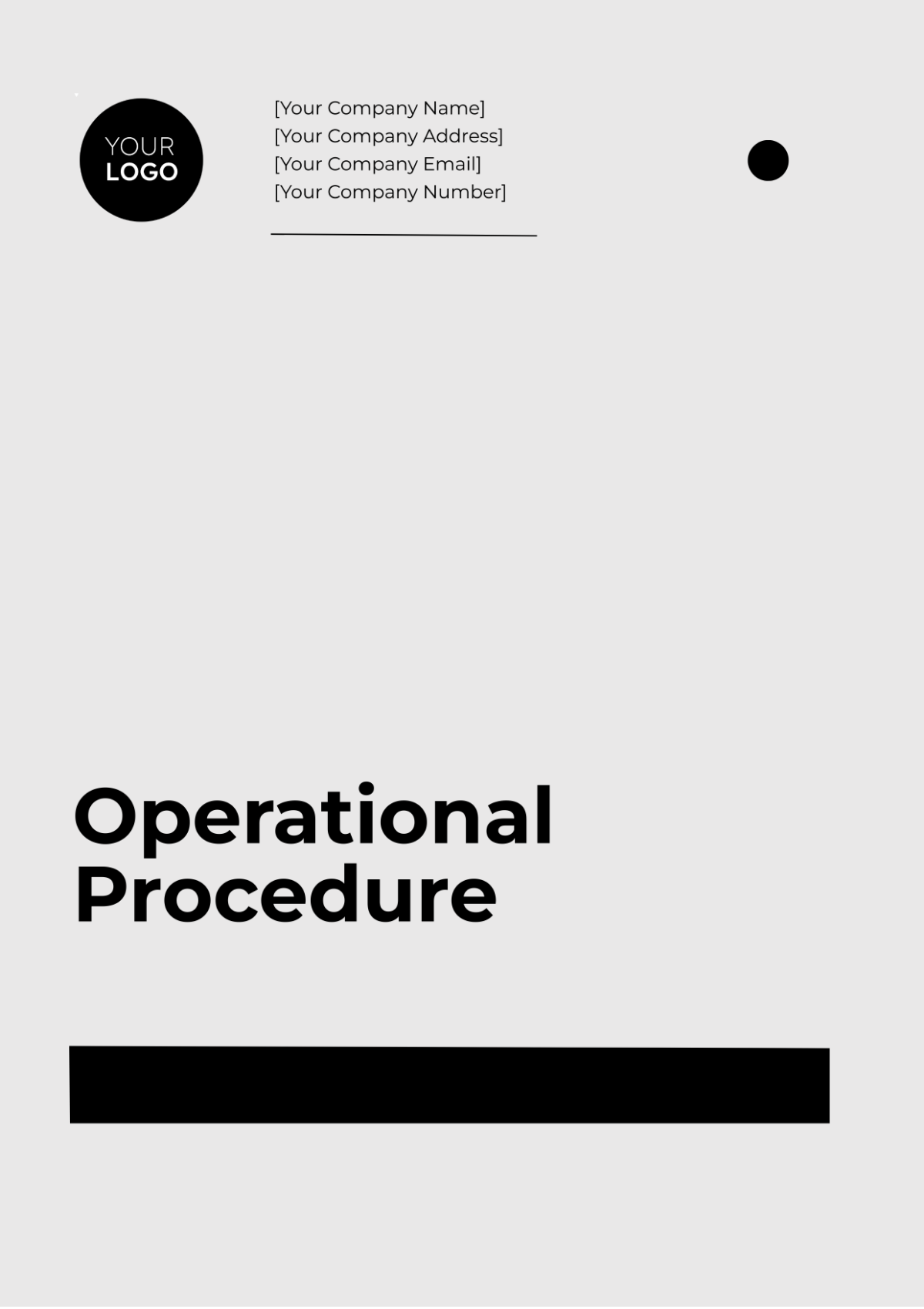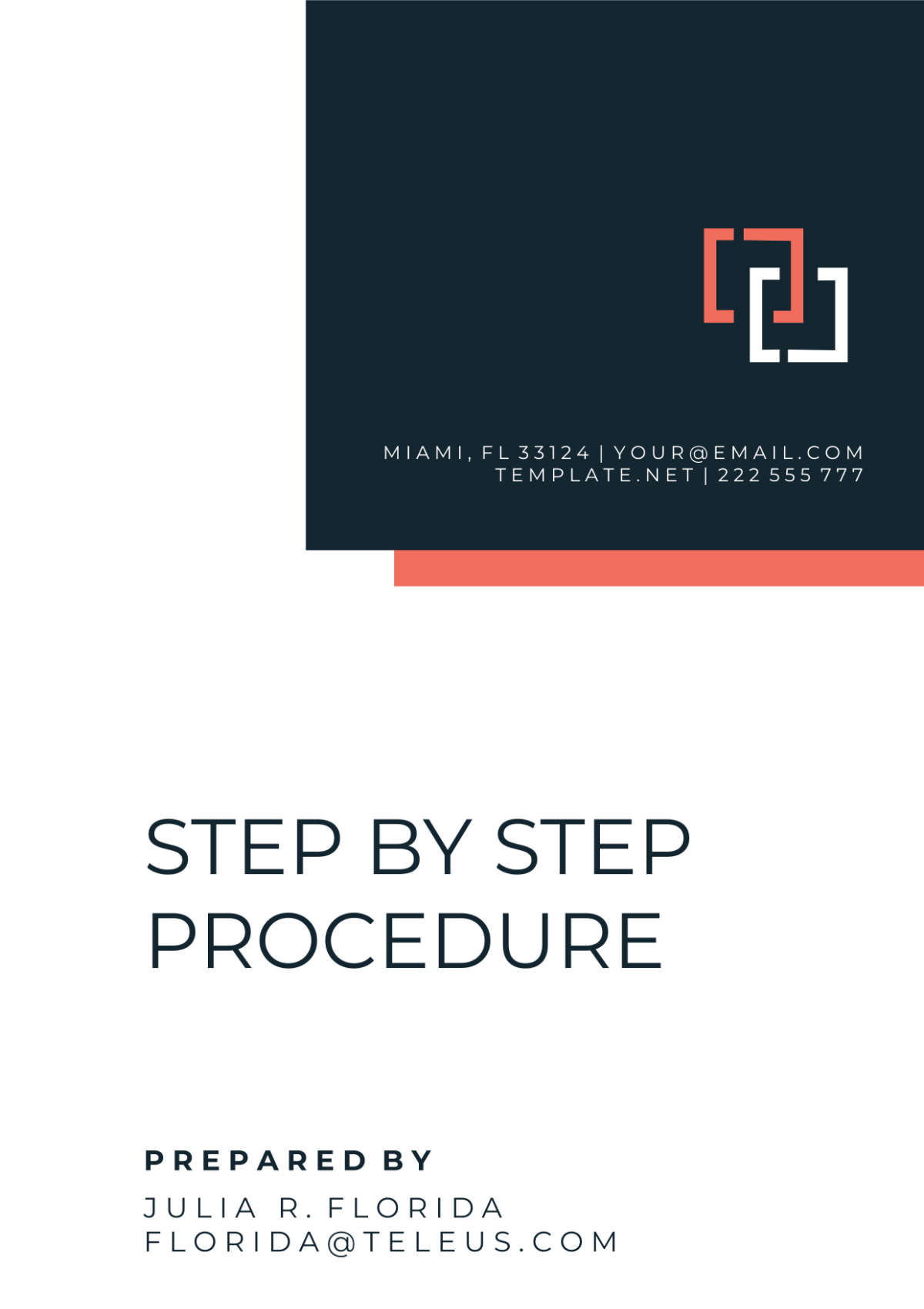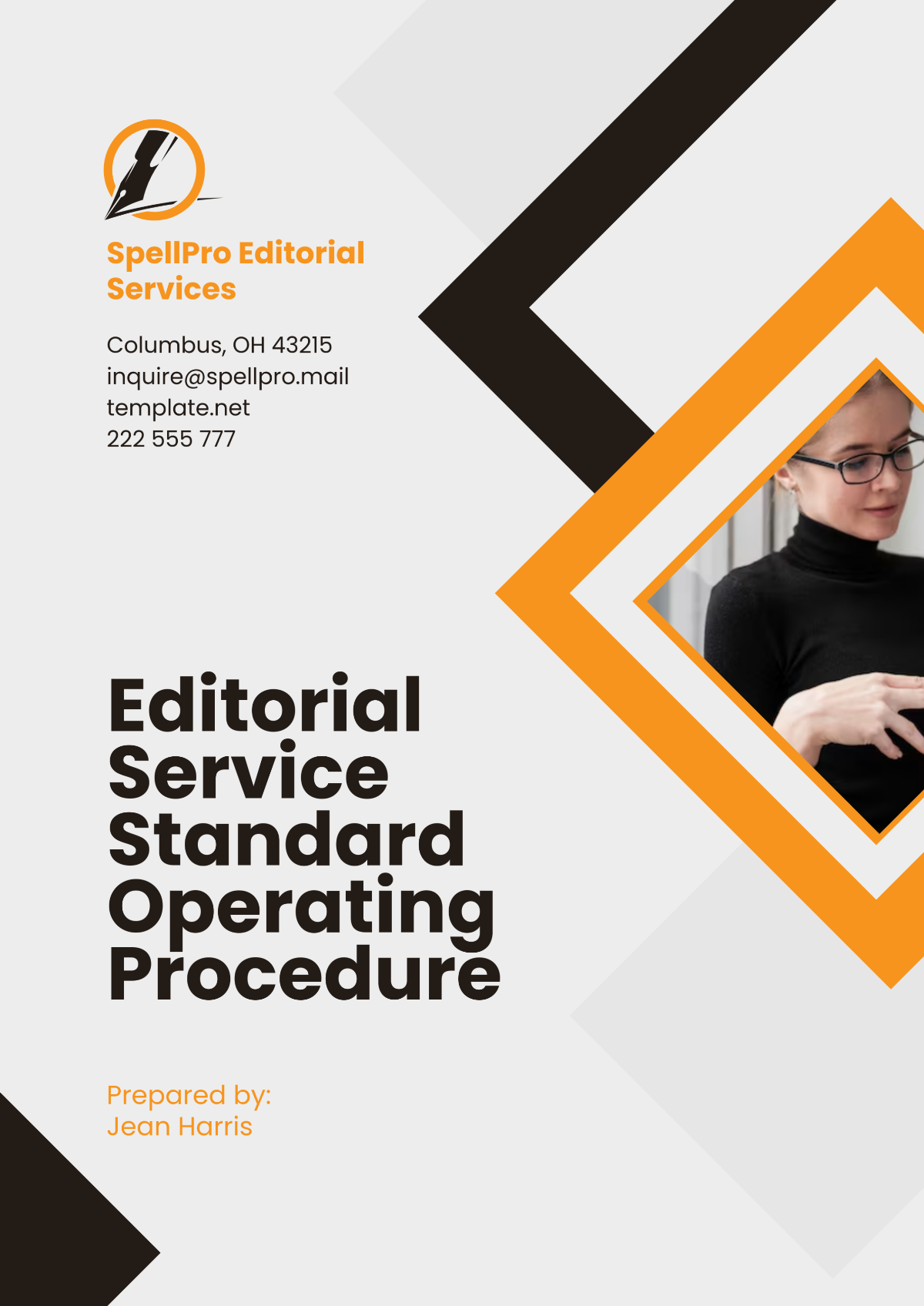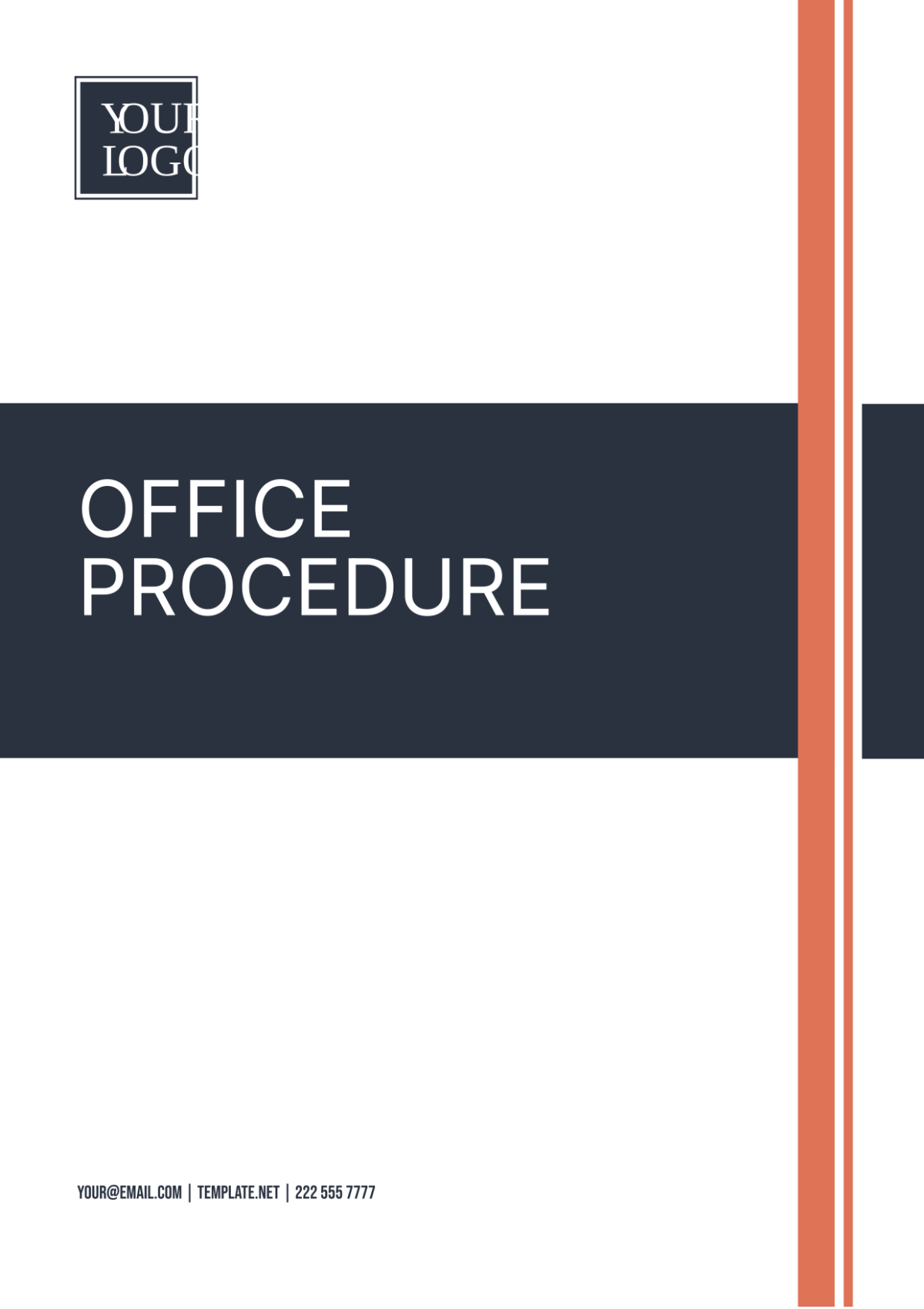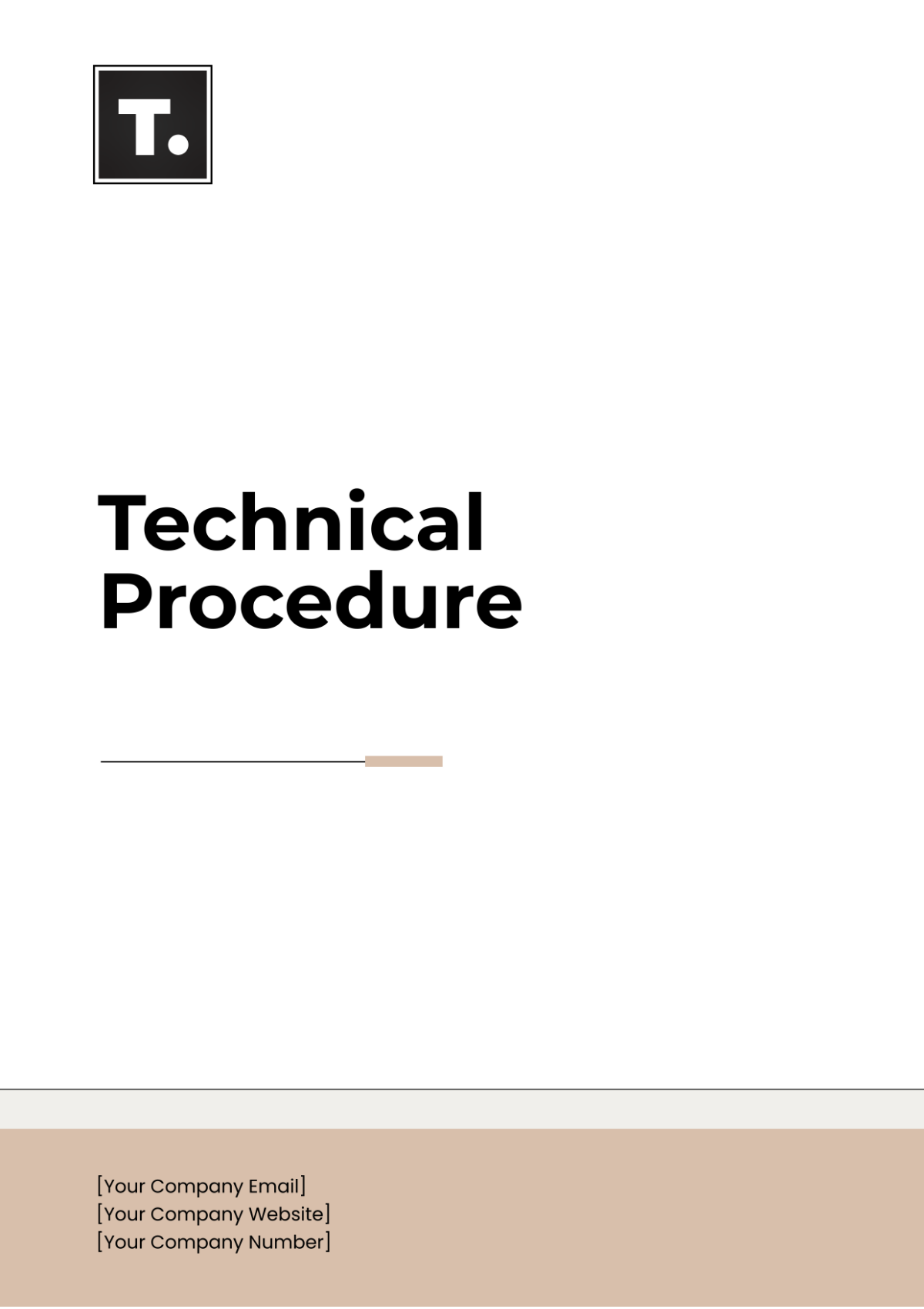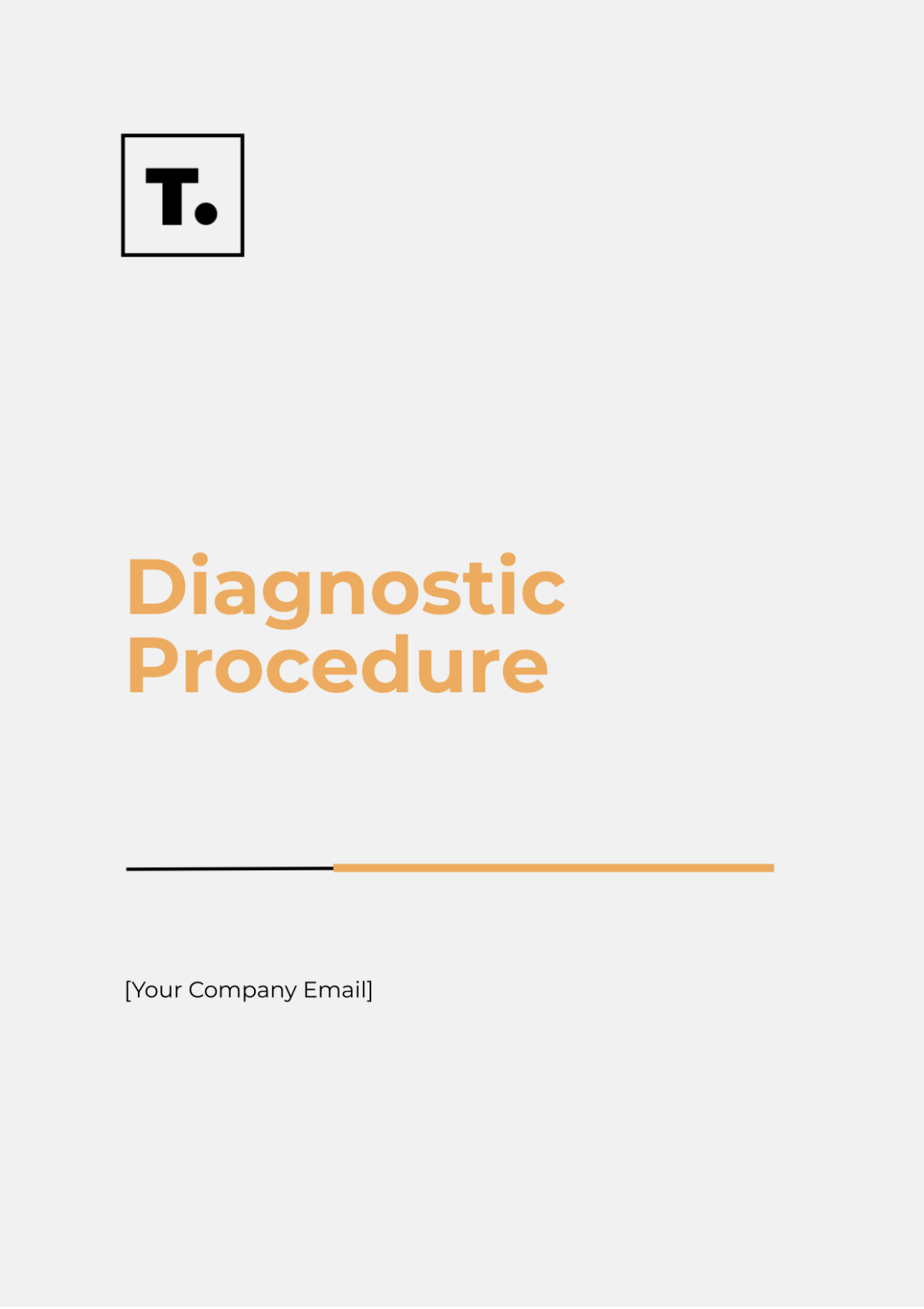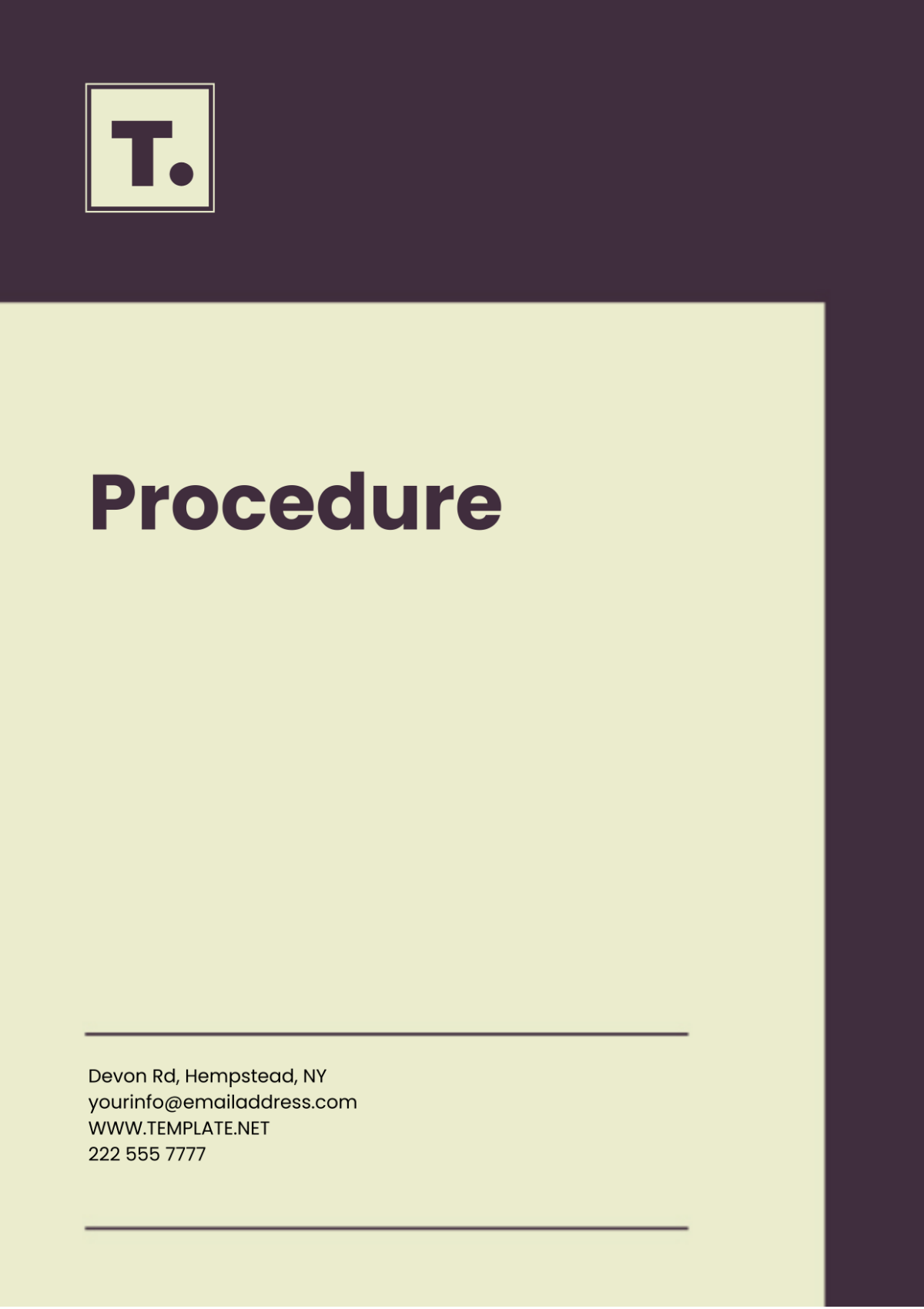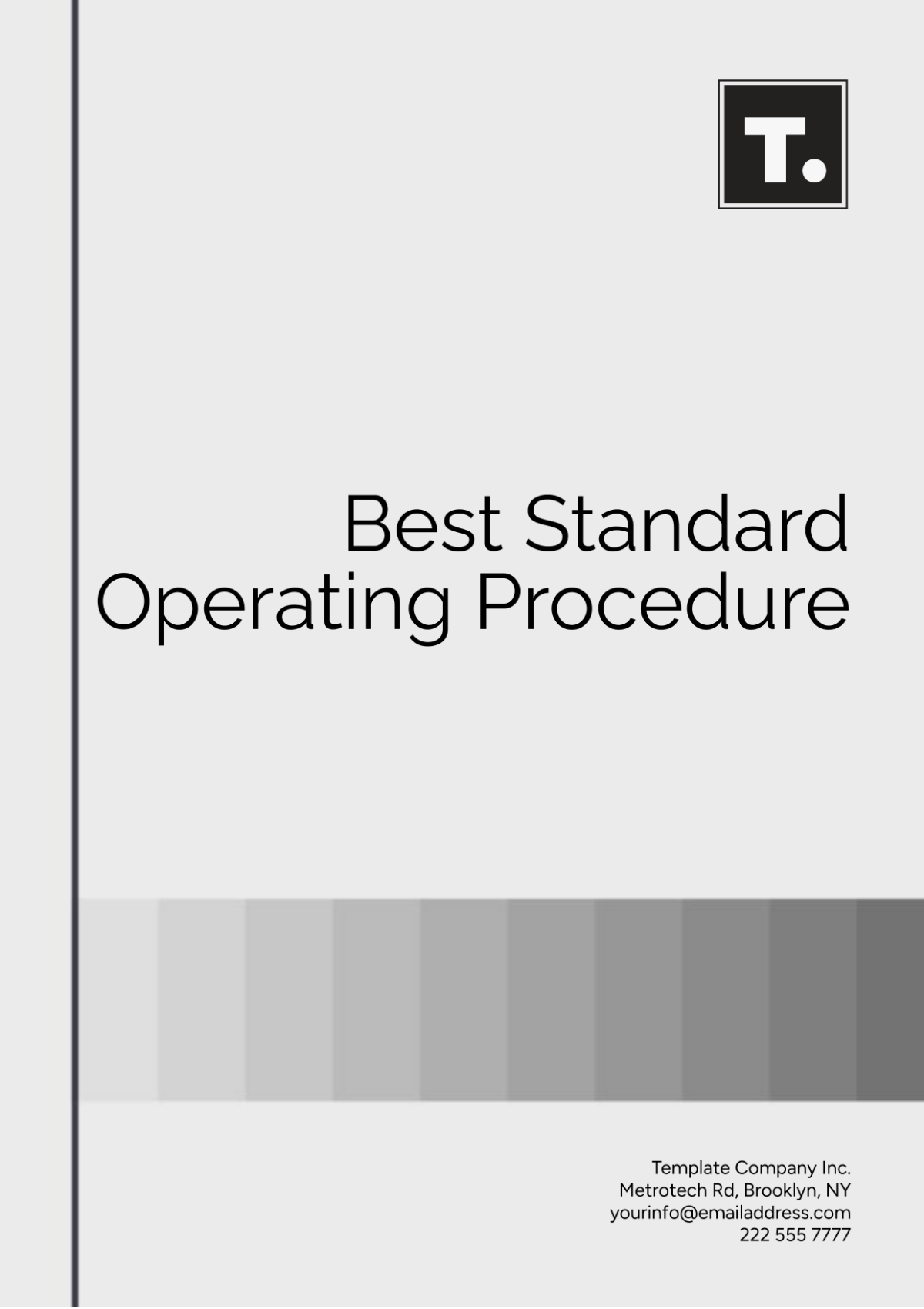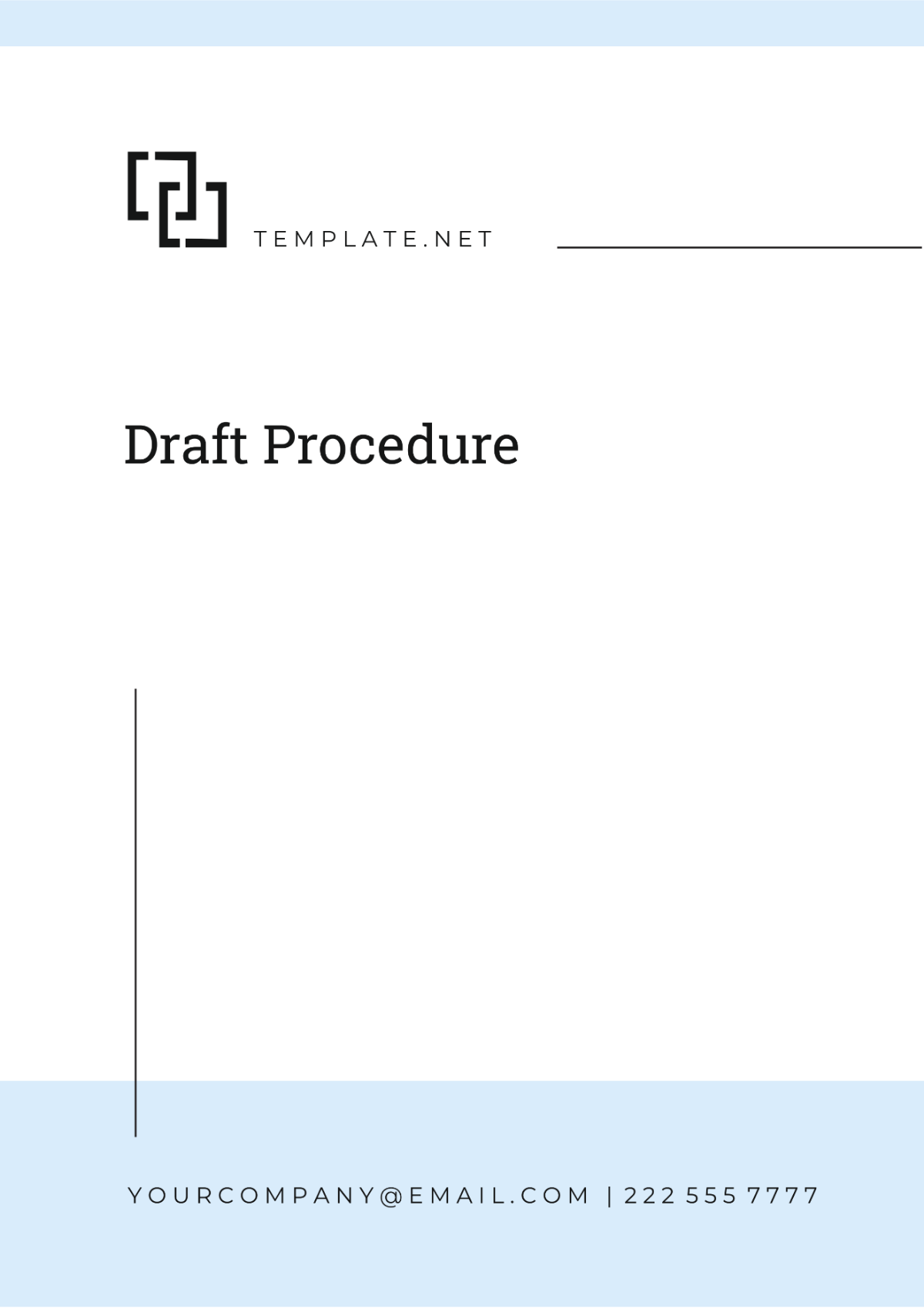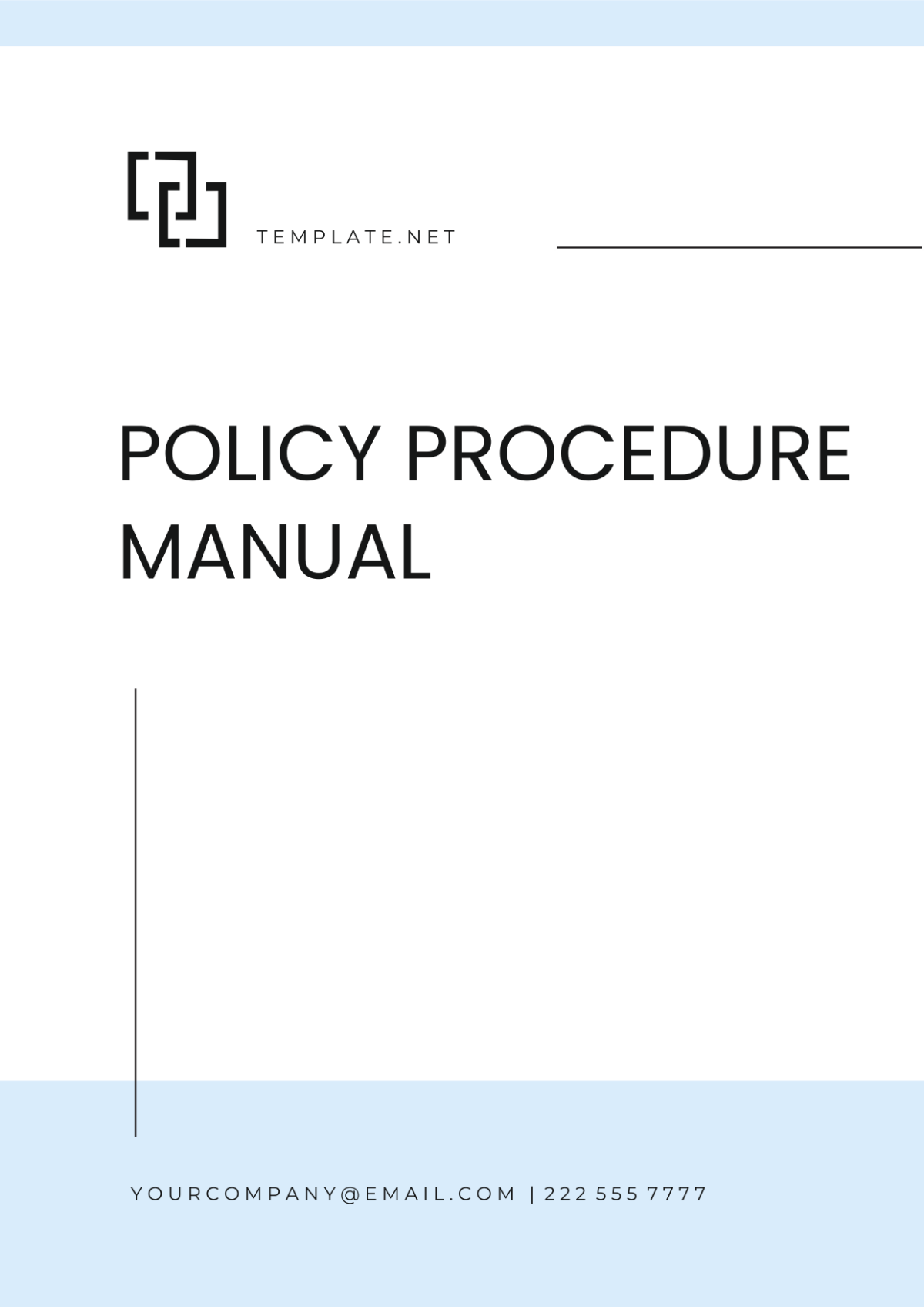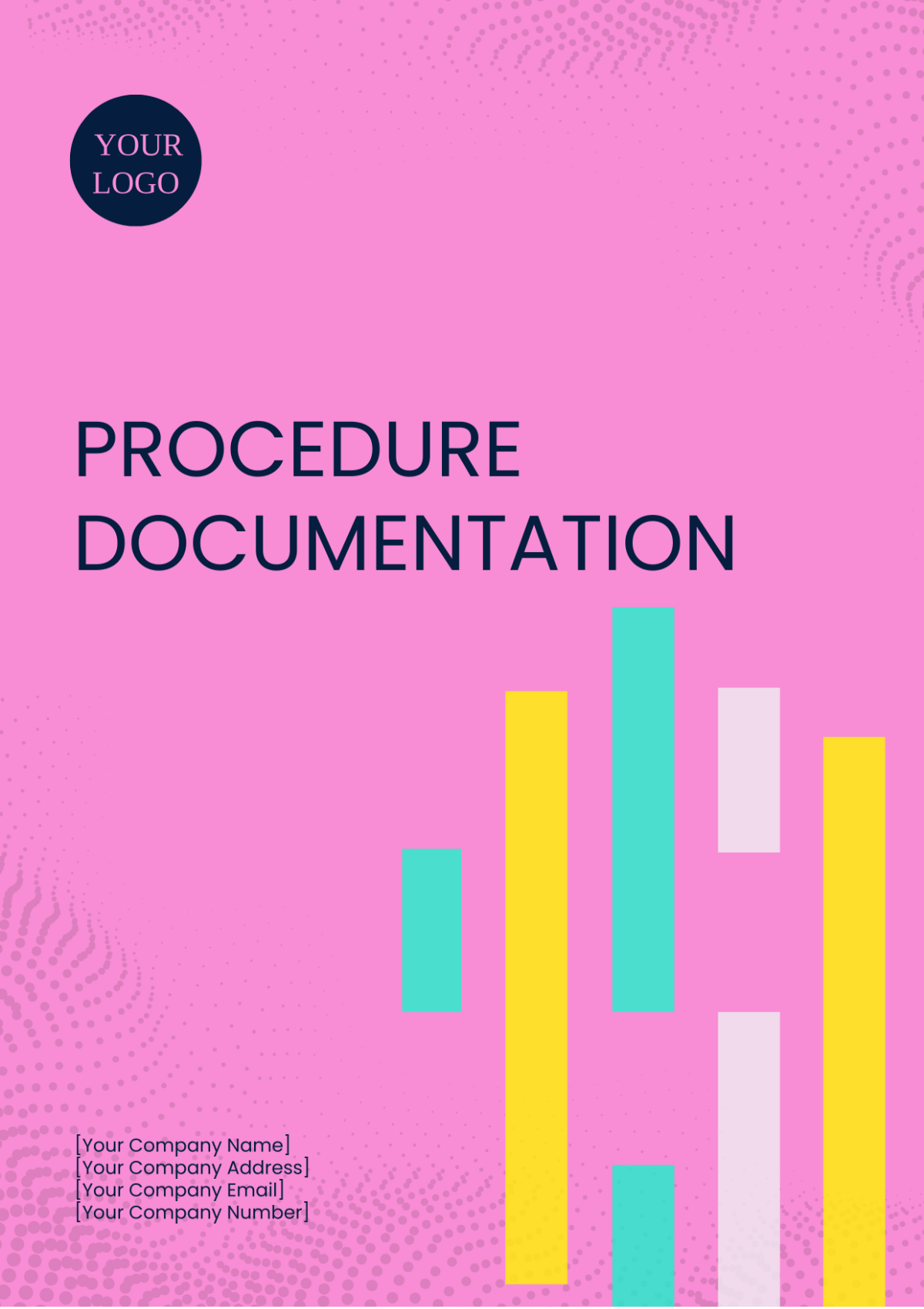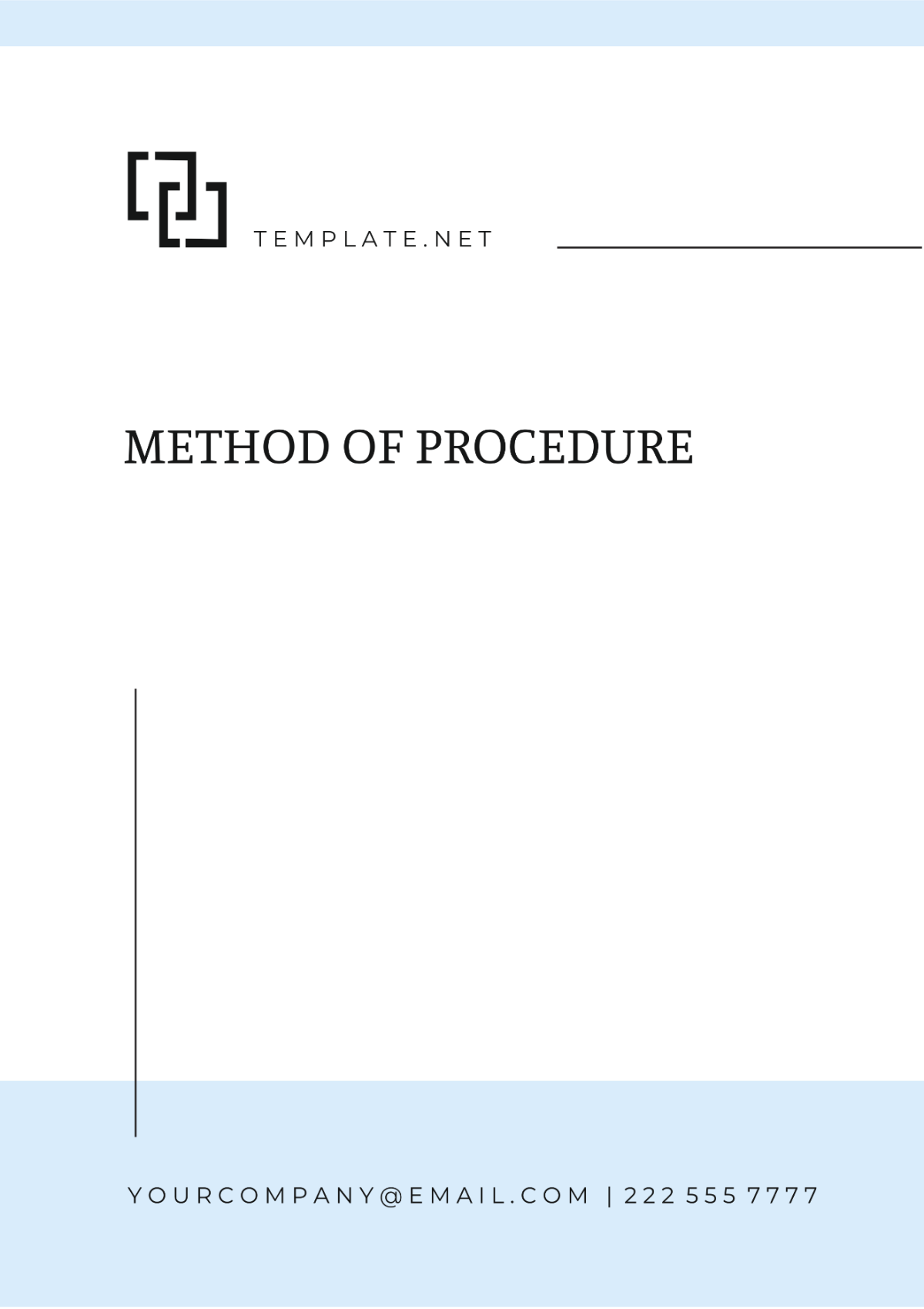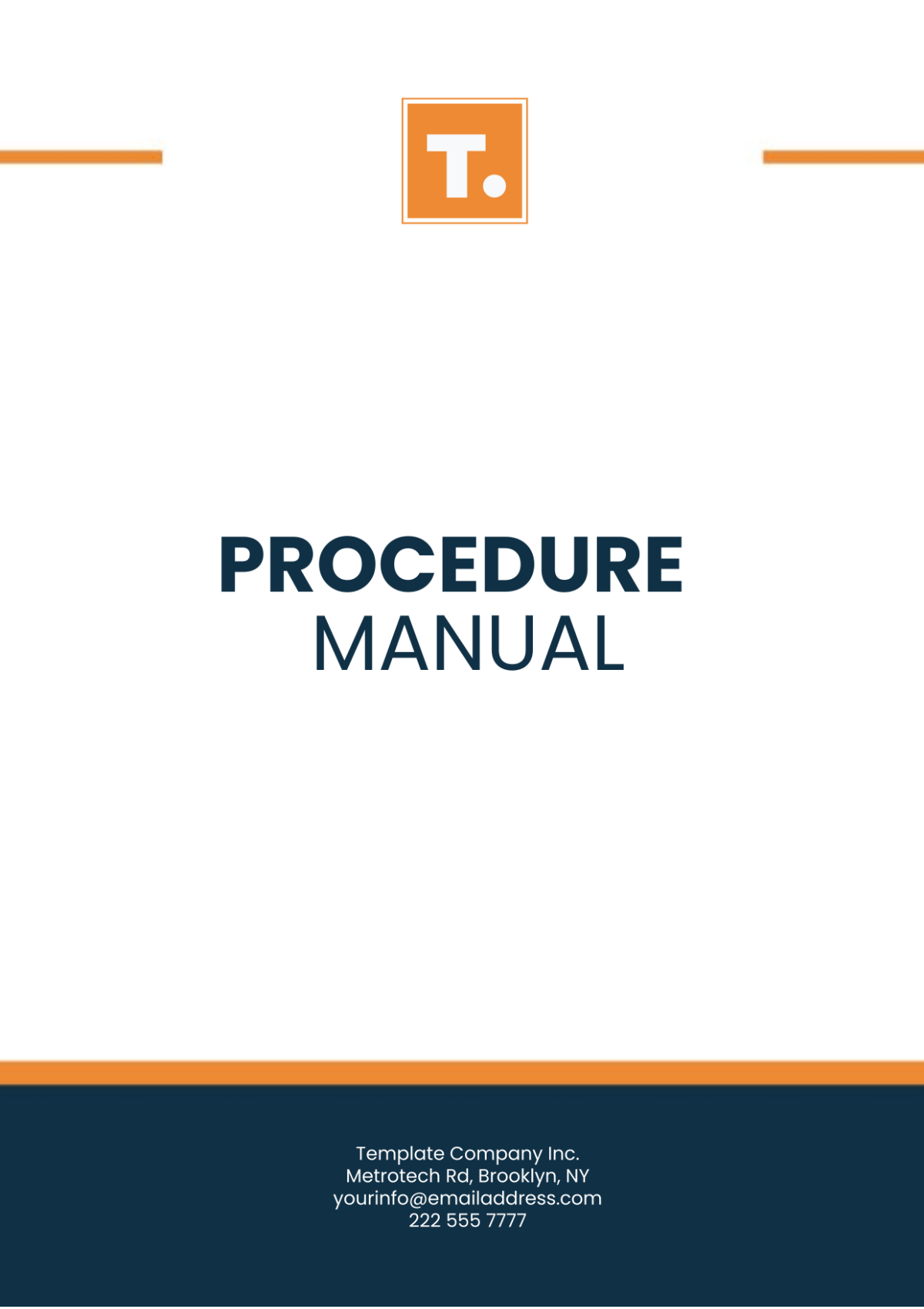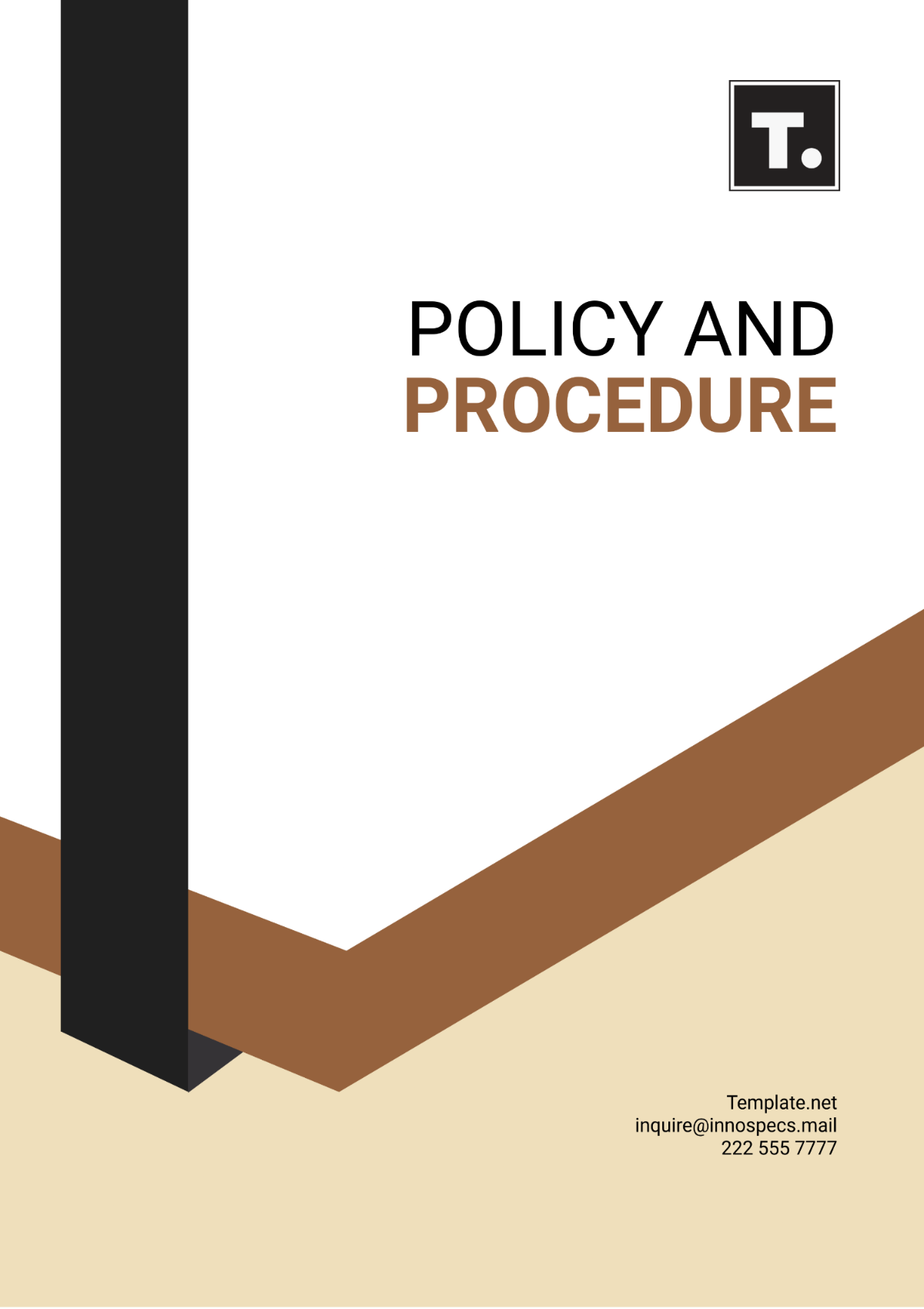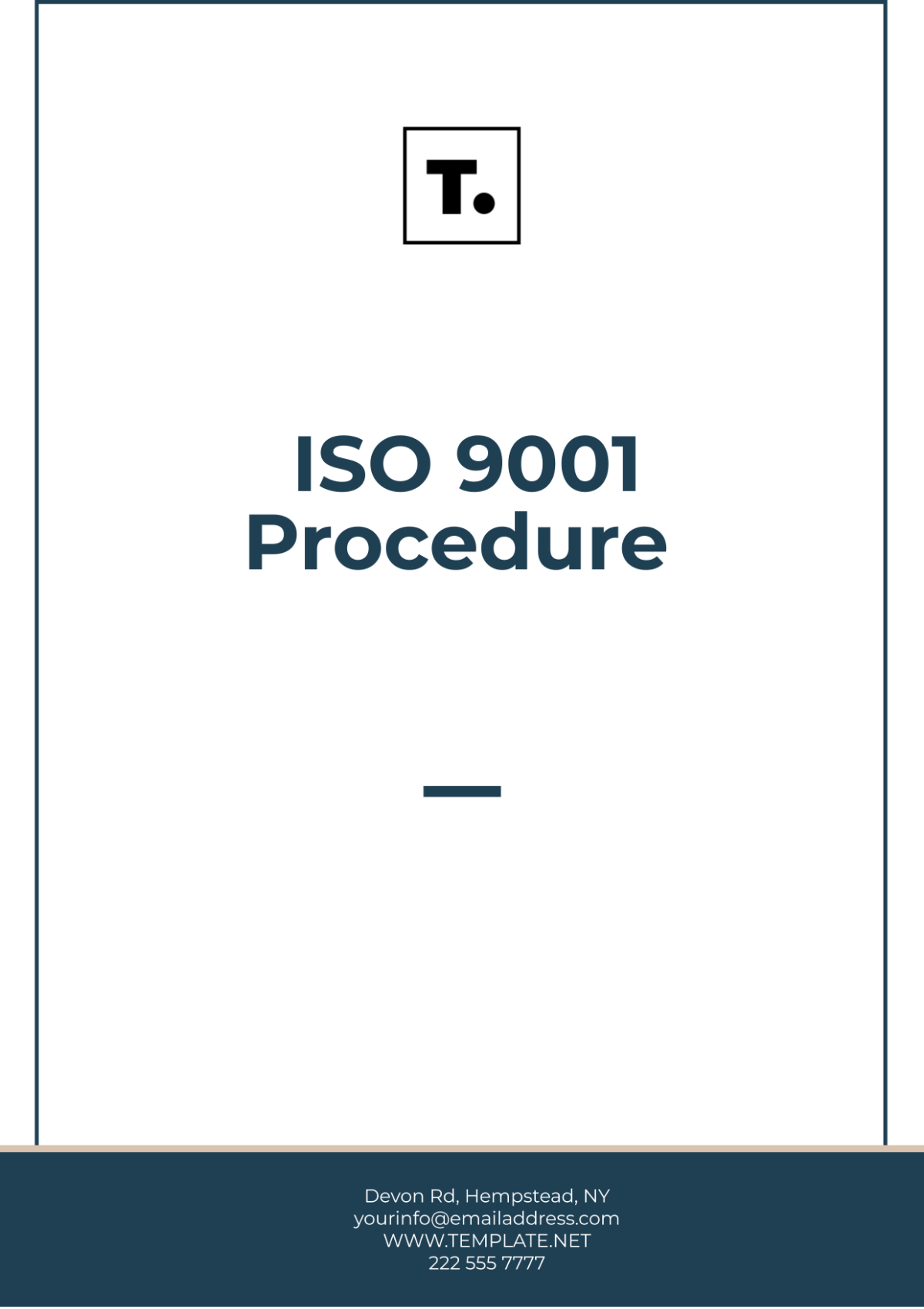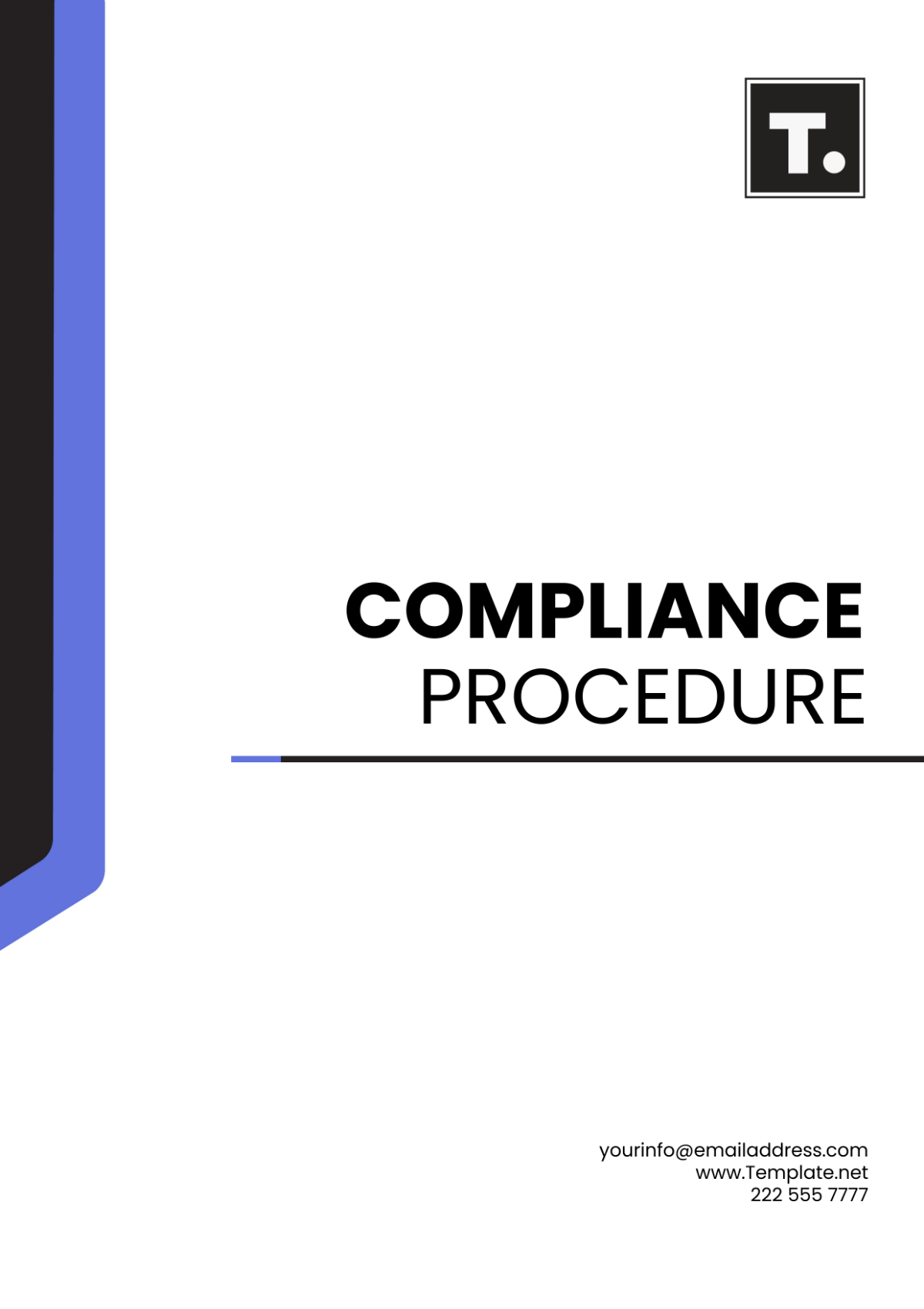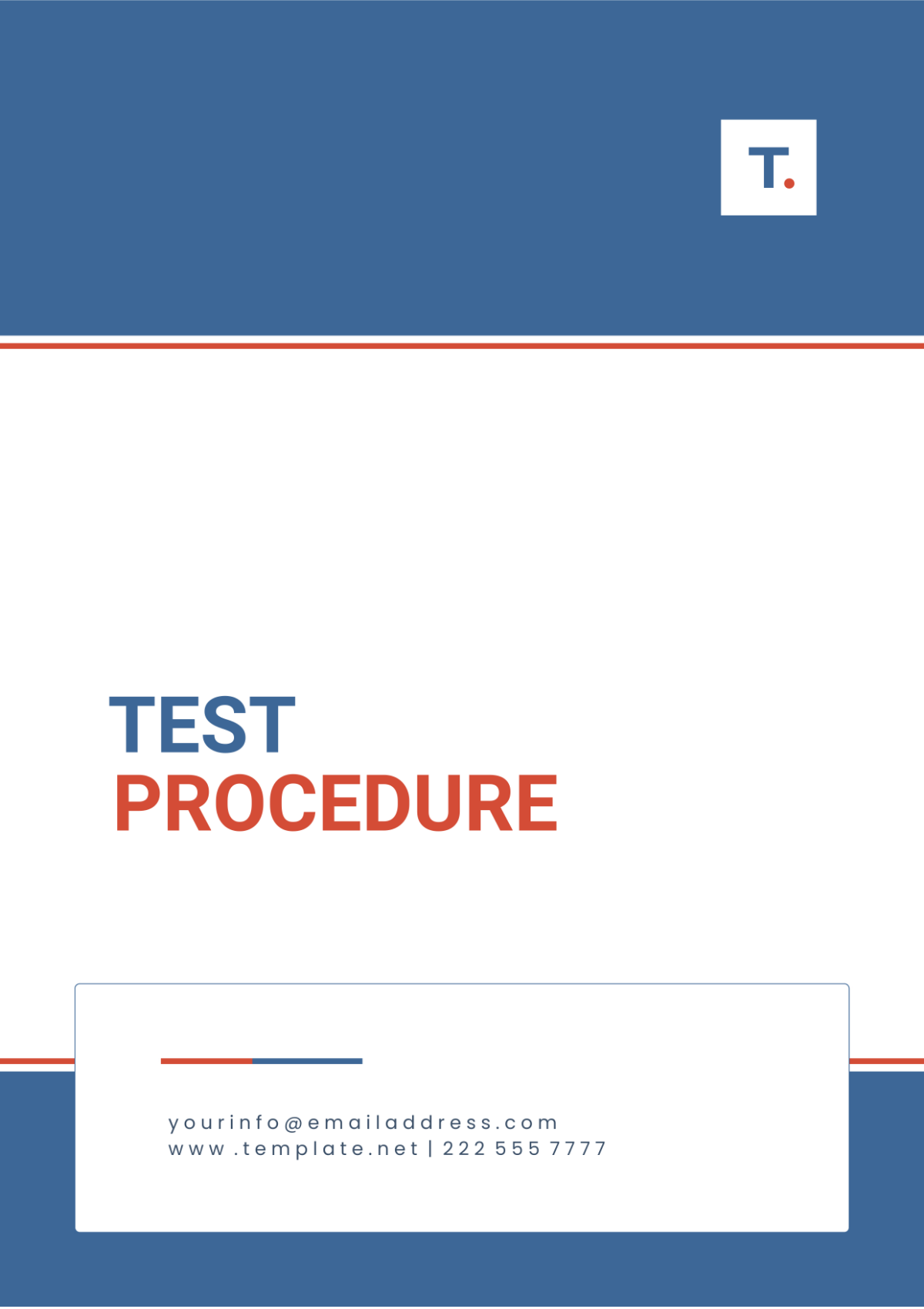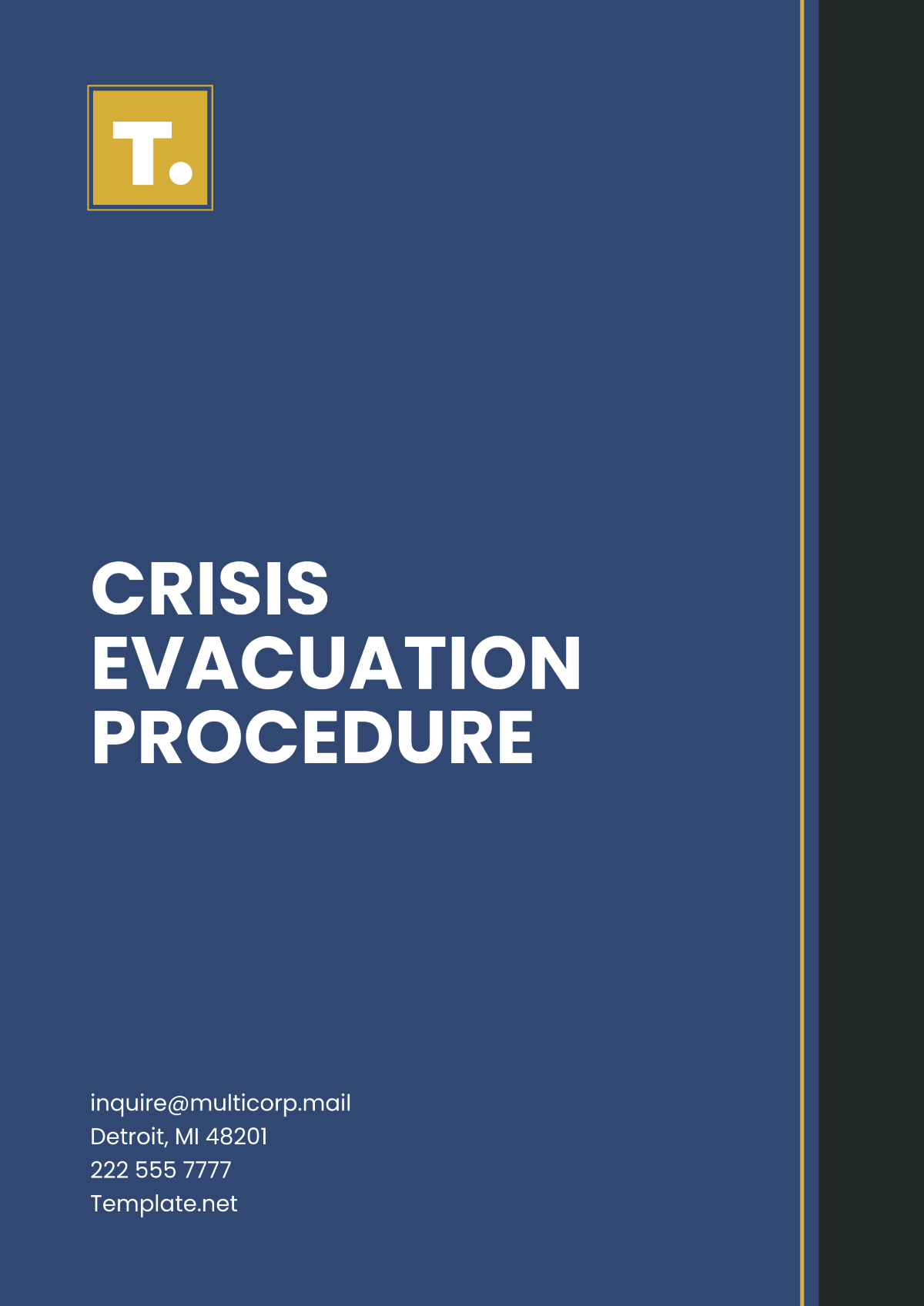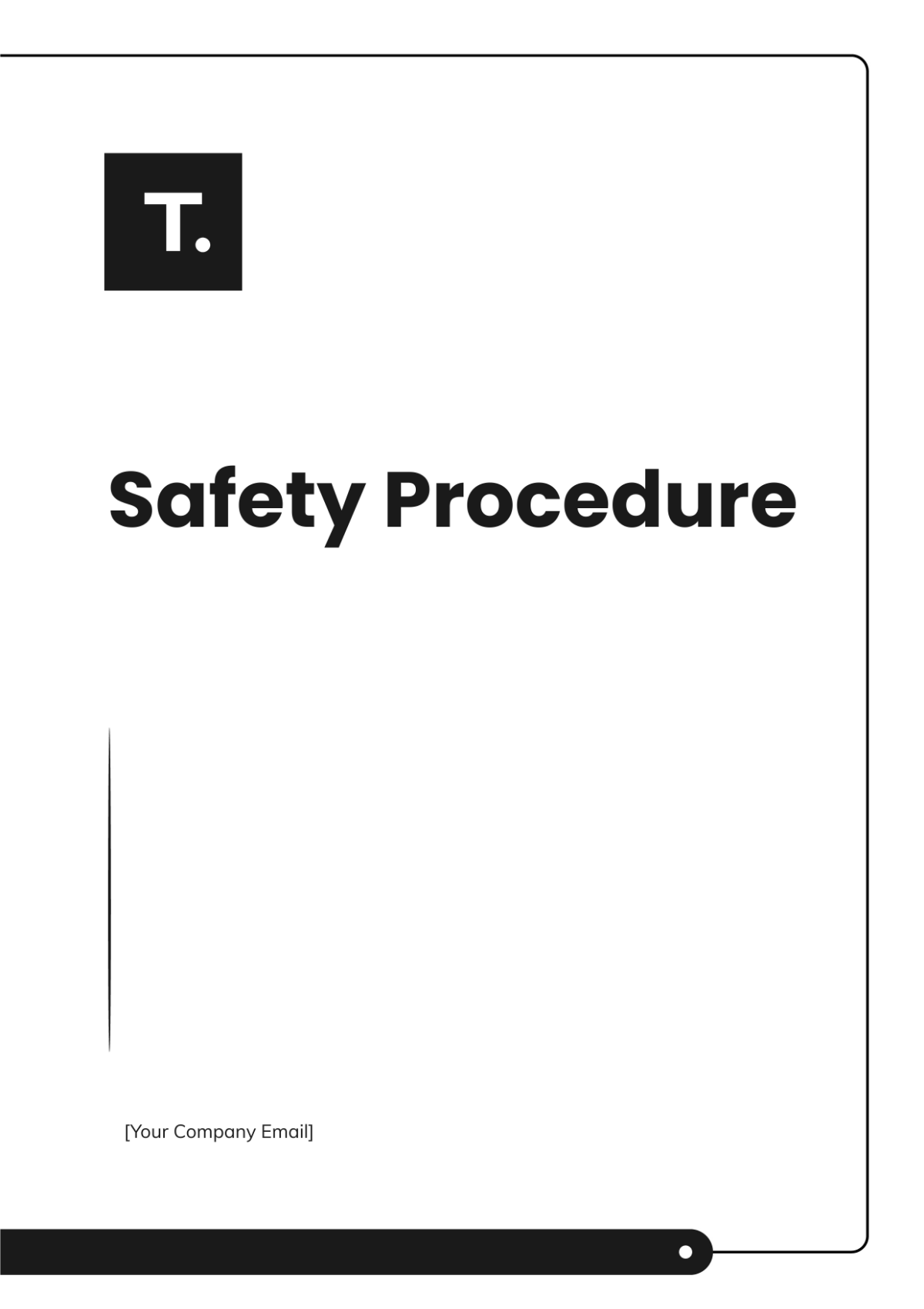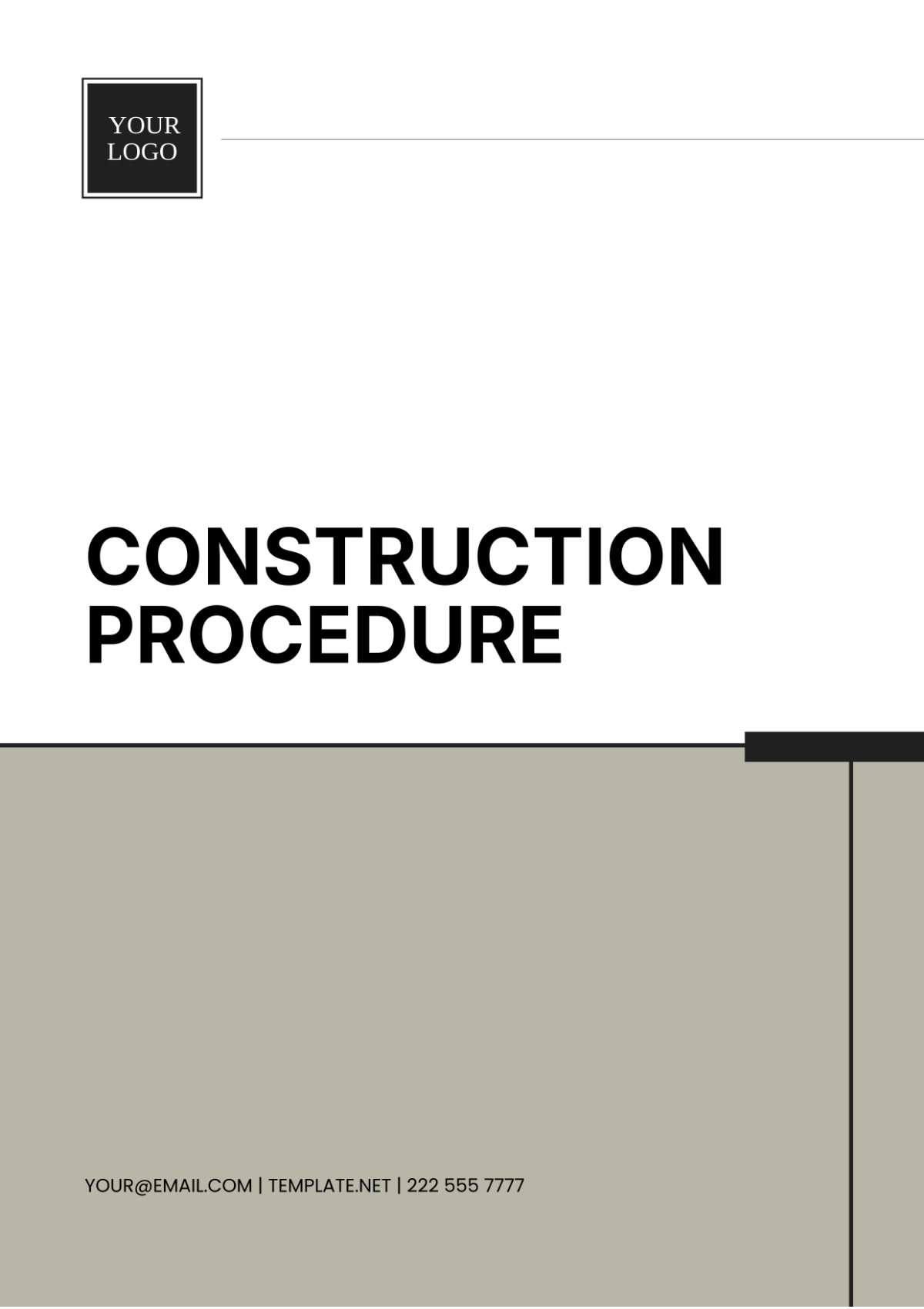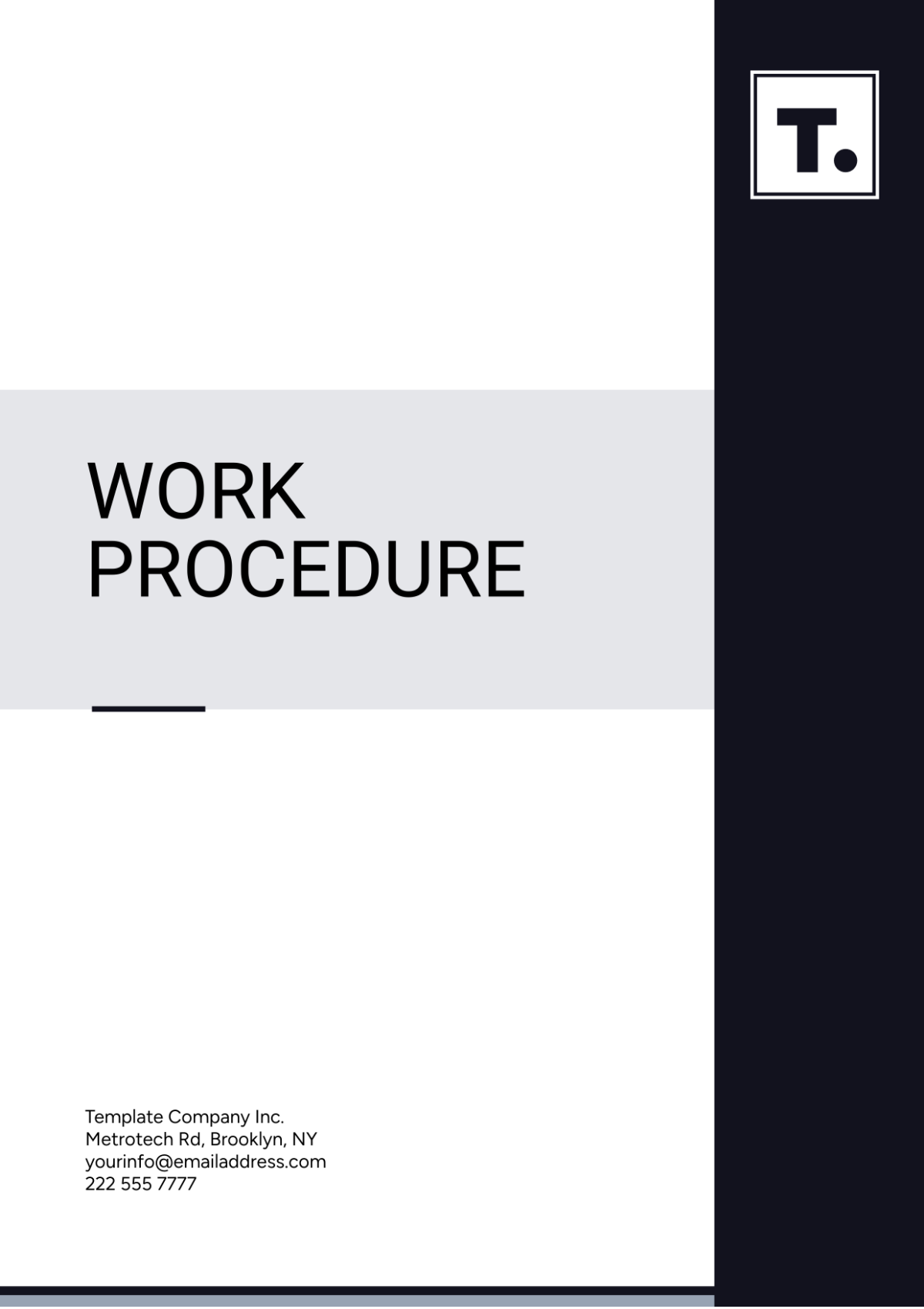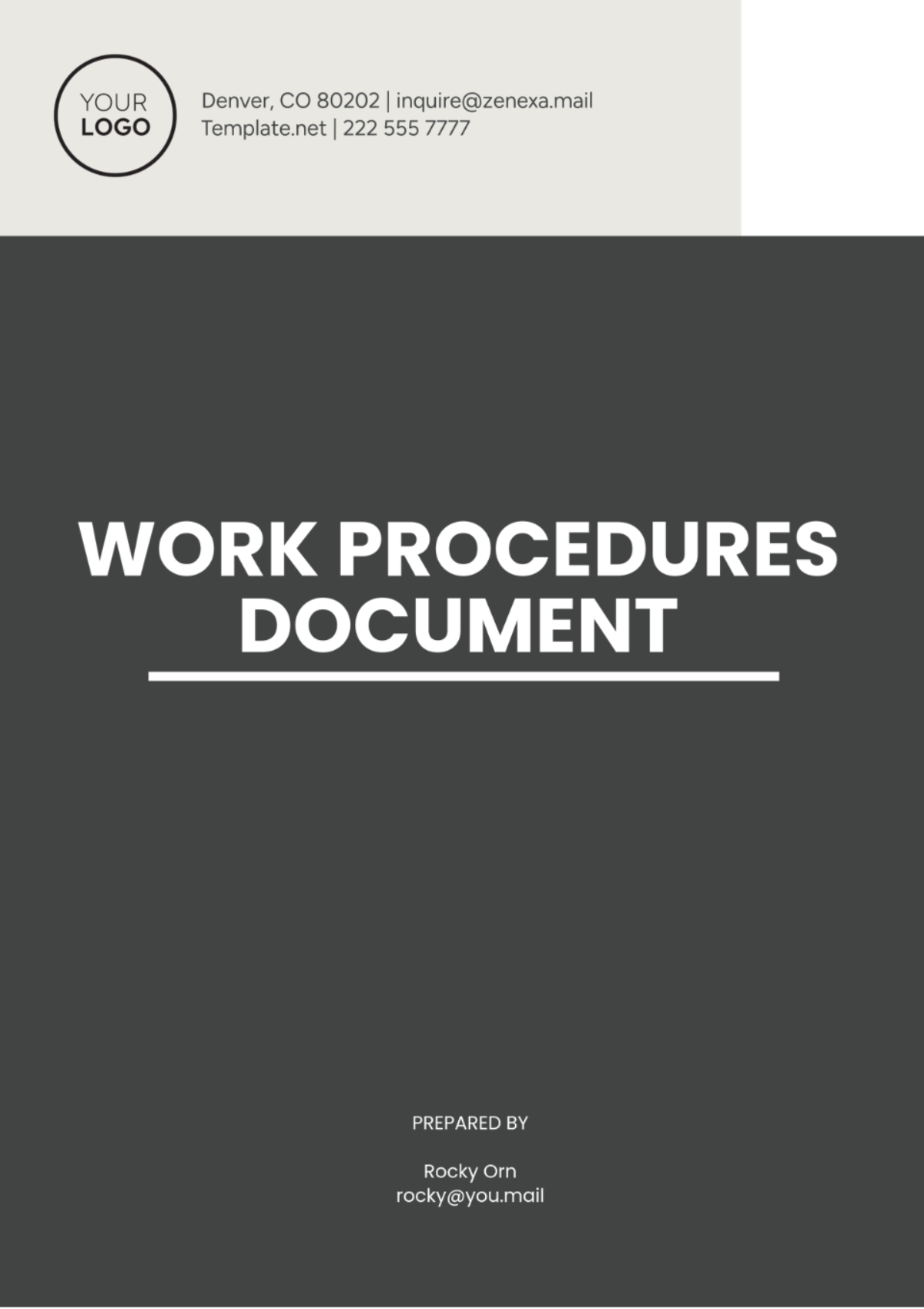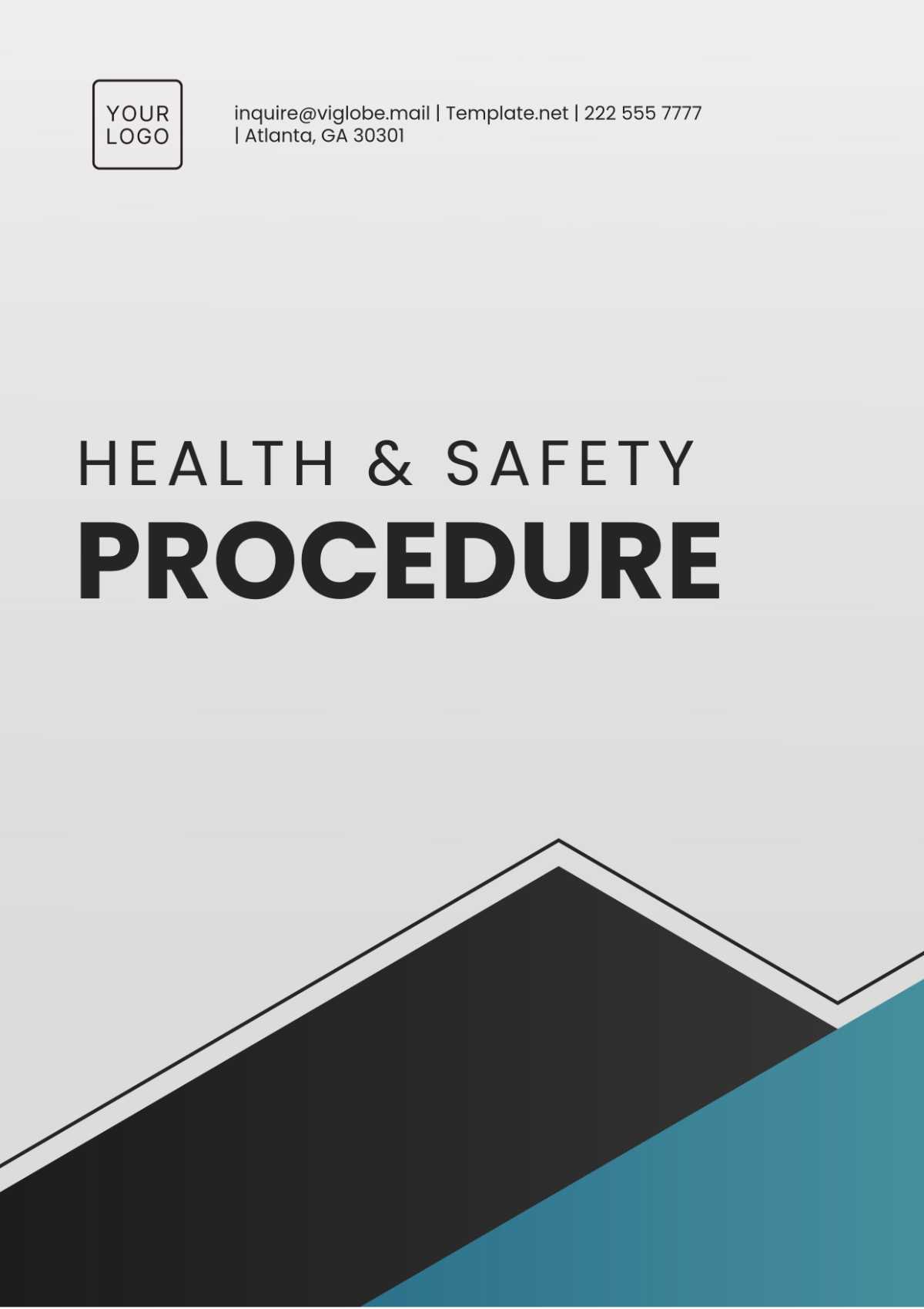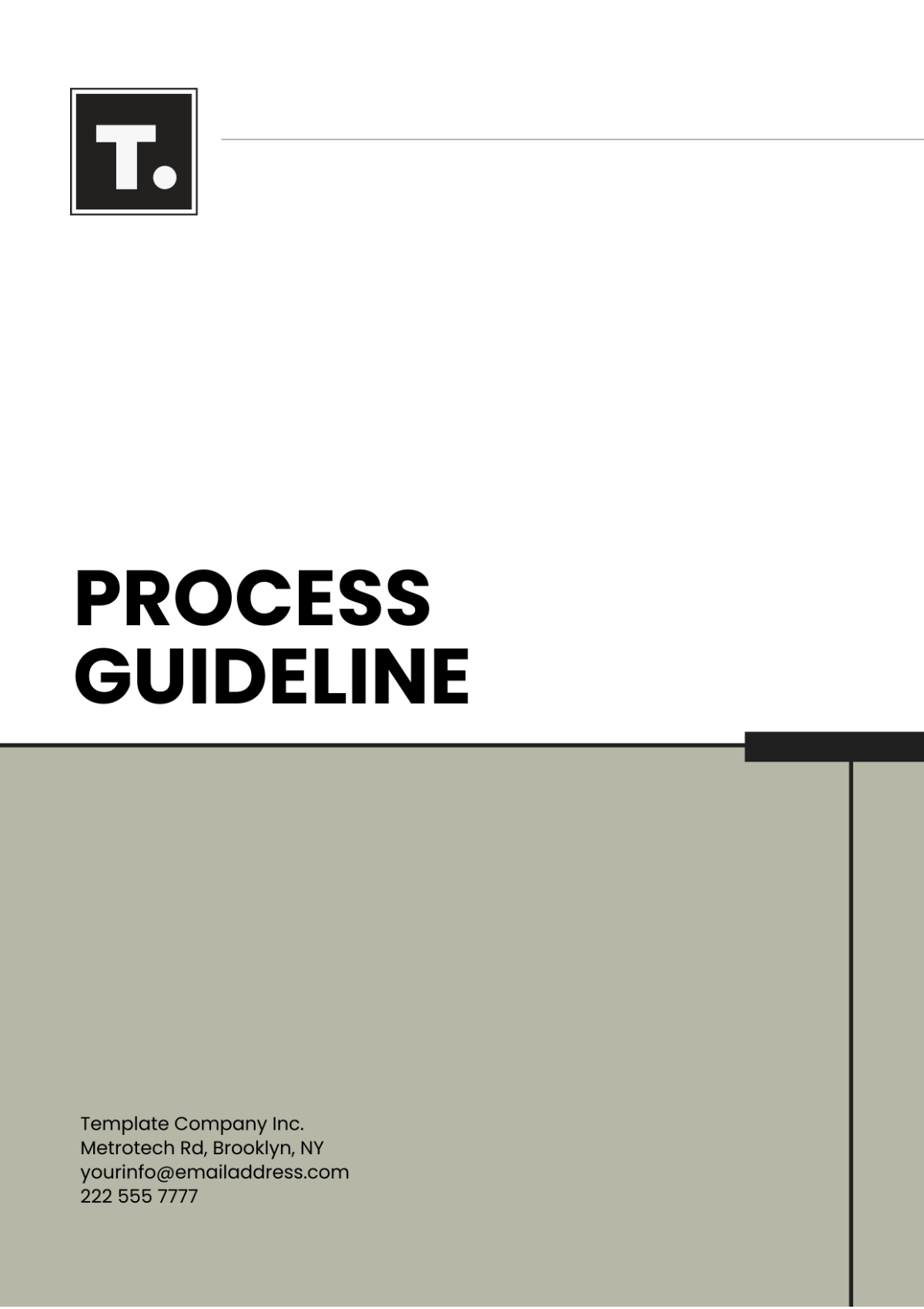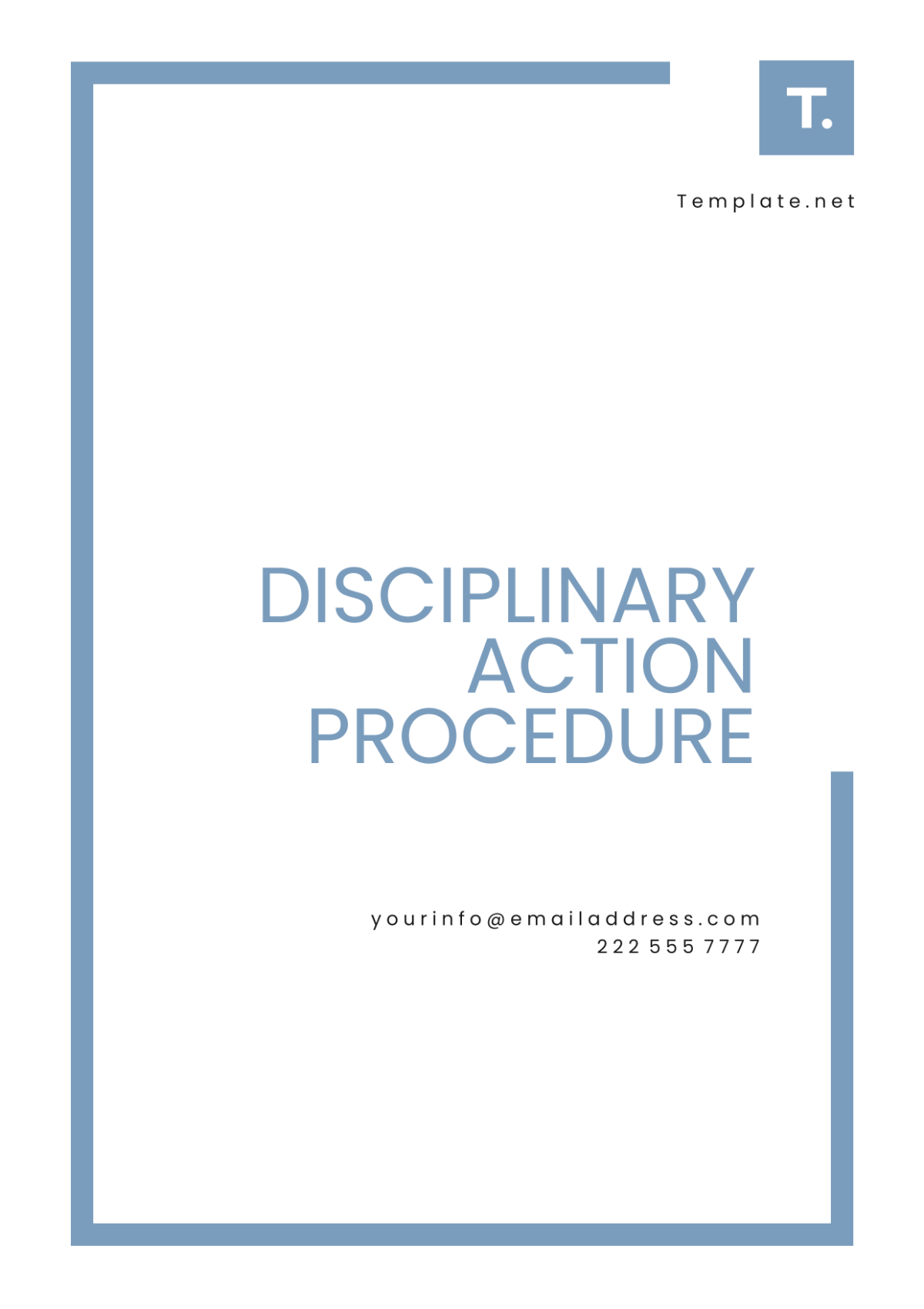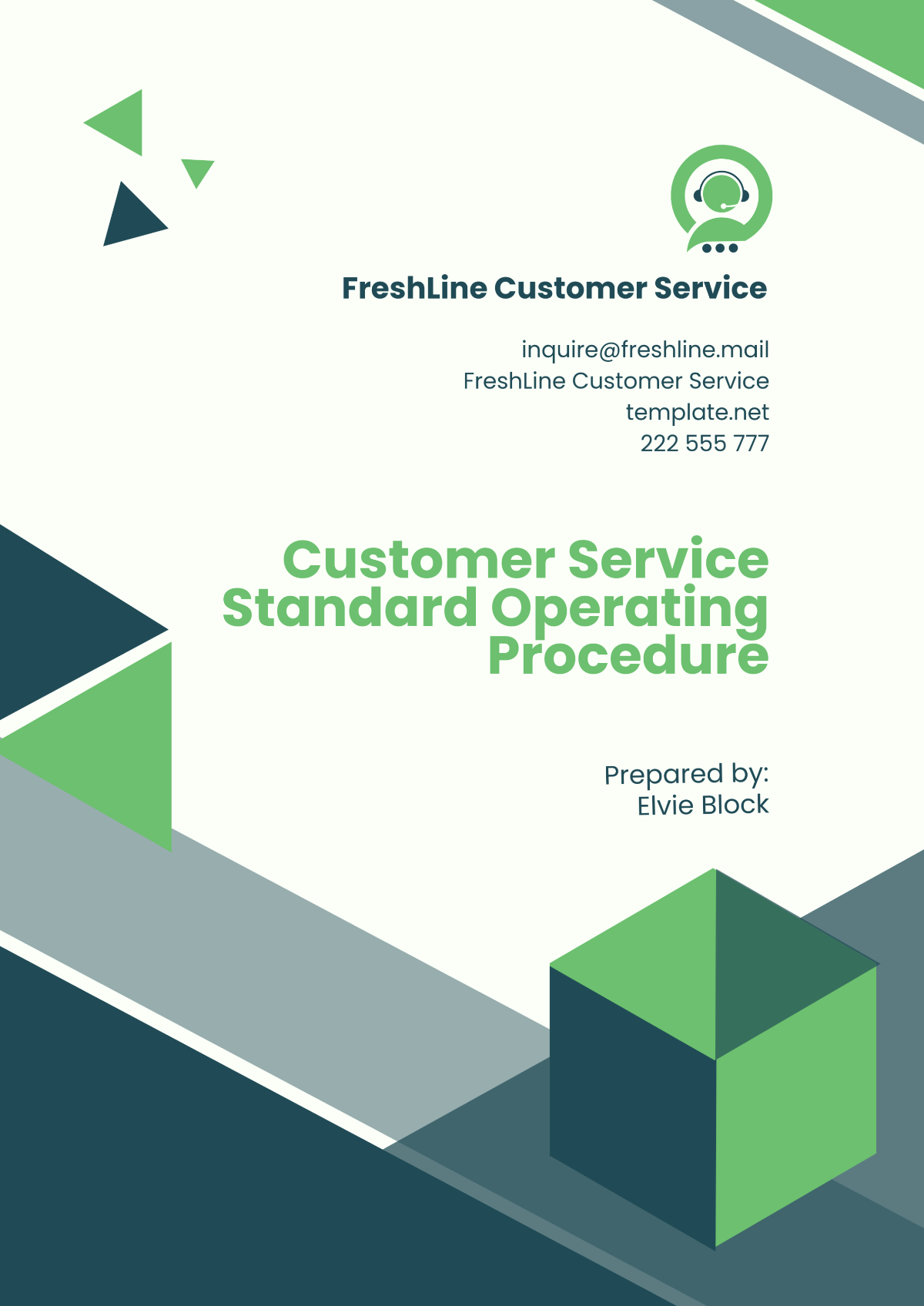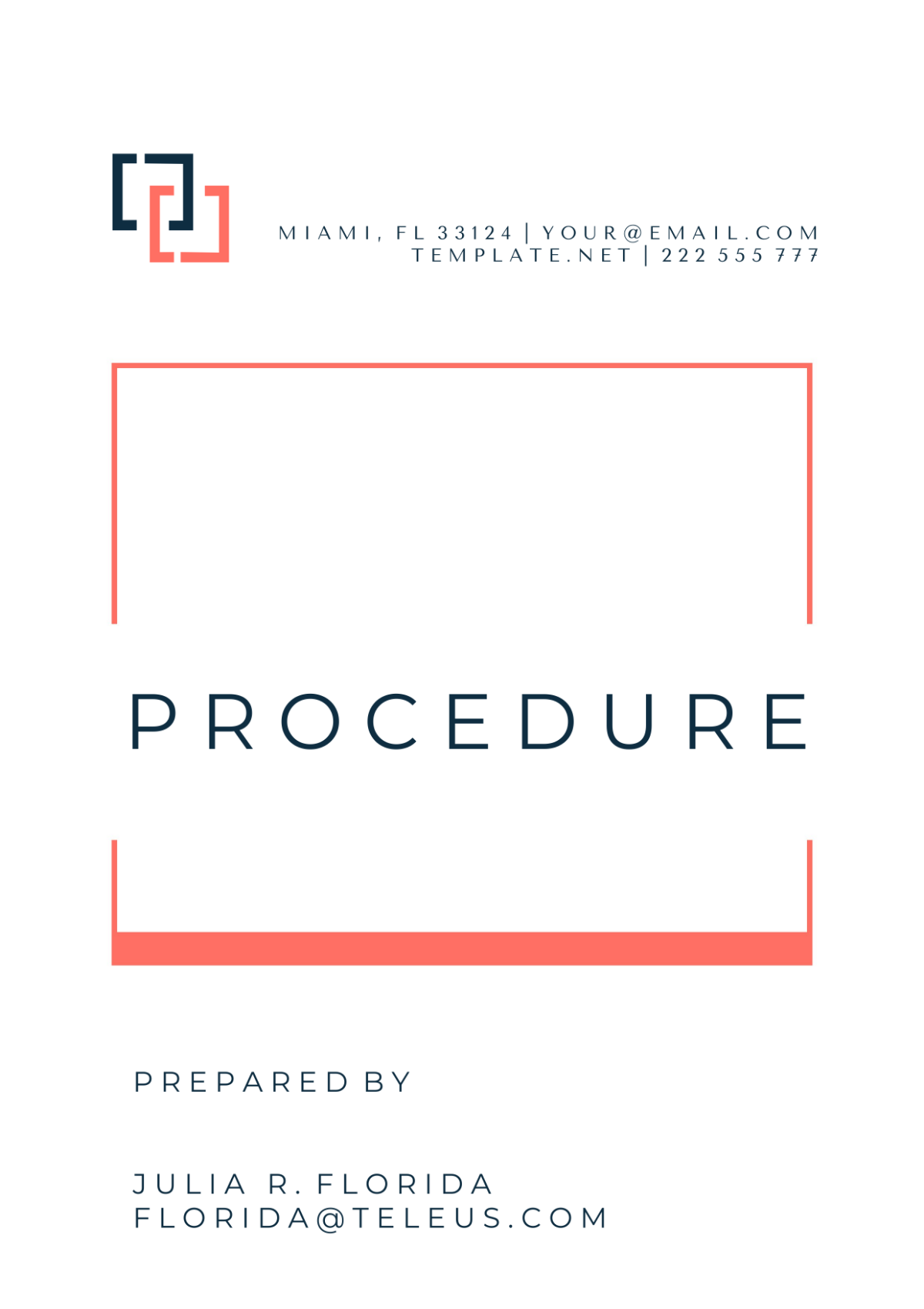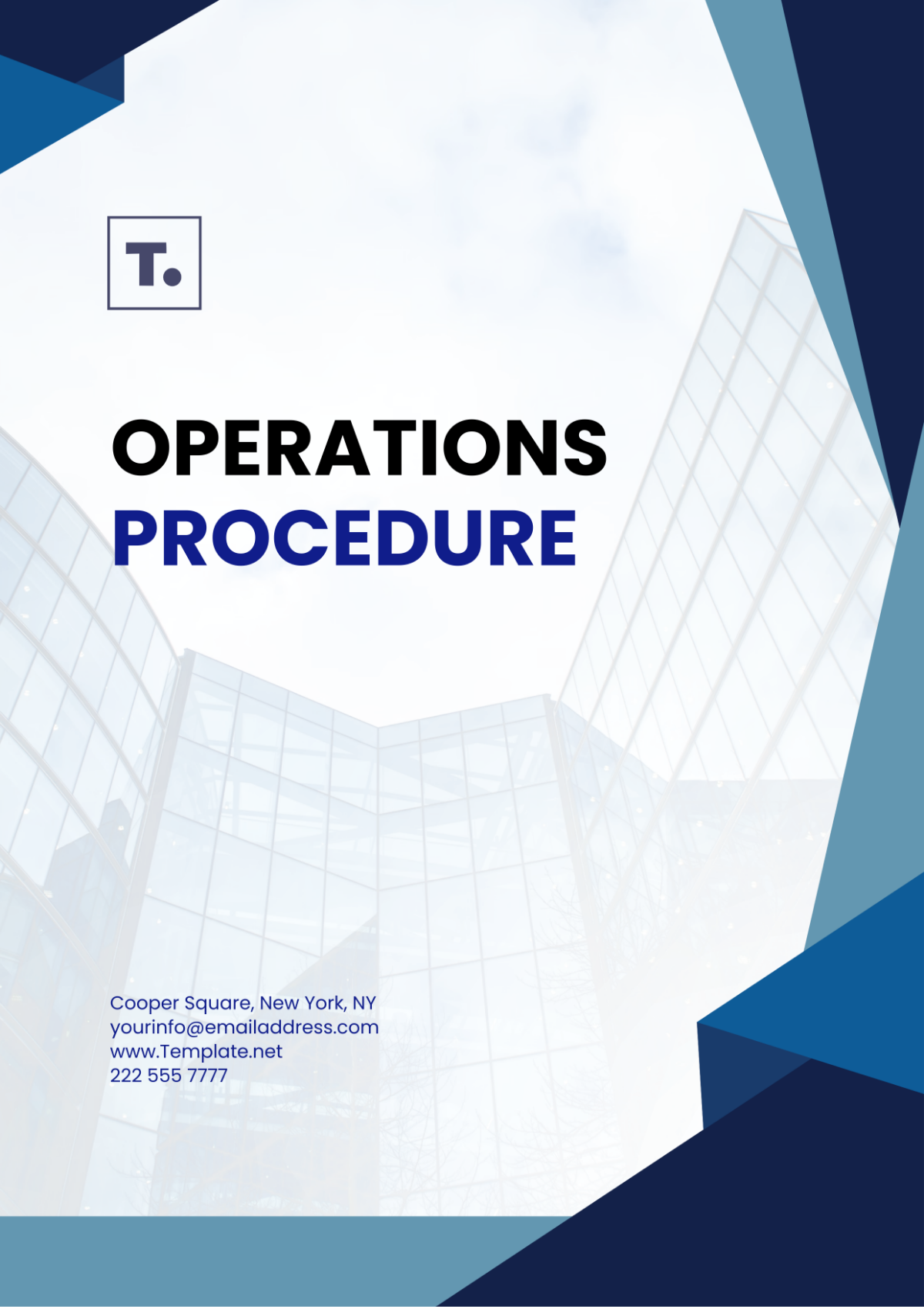Law Firm Case Handling Procedure
OVERVIEW
This Case Handling Procedure document is designed for [Your Company Name] to ensure consistency and effectiveness throughout the legal process. The manual outlines a structured approach from initial client engagement through post-trial activities, systematically detailing each phase of case handling. This procedure document serves as a comprehensive guide to managing client cases efficiently, upholding legal standards, and maintaining the firm's reputation for excellence.
I. Case Intake
The initial phase of client engagement is where the foundation for the attorney-client relationship is established. This stage is critical as it involves comprehensive initial assessments, including conflict checks, detailed consultations, and the formalization of engagement through retainer agreements. Efficient and thorough handling during this phase sets the tone for the case and ensures that all subsequent actions are based on a clear, mutual understanding of the client's needs and the scope of services provided.
Stage | Objective | Procedure | Responsibility |
|---|---|---|---|
Initial Client Information | Gather essential details to evaluate the potential case. | Use the Client Information Form to record client details and the legal matter's nature. Check for conflicts of interest. | Front Office/Paralegal |
Initial Consultation | Understand the legal issue and advise on potential options. | Conduct a detailed client interview. Discuss and advise on potential legal strategies based on preliminary findings. | Assigned Attorney |
Formal Engagement | Formally engage with the client. | Present and sign the Retainer Agreement. Collect initial fees. Assign the case to a team member. | Senior Partner/Assigned Attorney |
II. Case Assessment
This stage involves a deep dive into the factual and legal aspects of the case. Through detailed fact-gathering, extensive legal research, and strategic planning, [Your Company Name] ensures that each case is built on a solid foundation of thoroughly vetted information and legal precedent. This meticulous preparation is vital for developing effective case strategies and preparing for potential litigation or negotiation.
Stage | Objective | Procedure | Responsibility |
|---|---|---|---|
Fact Gathering | Collect all relevant facts and evidence. | Conduct follow-up meetings, collect documents, and use the Detailed Fact-Gathering Form. | Paralegal/Assigned Attorney |
Legal Research | Ensure the strategy is supported by current law. | Perform thorough legal research, including statutes and case law. Summarize findings in the Research Memo. | Legal Researchers |
Case Strategy | Develop an effective approach to handle the case. | Formulate a case theory. Plan the approach for negotiations or trial. | Assigned Attor |
III. Case Management
Effective management of the case as it progresses is crucial for maintaining order and ensuring that all aspects of the case are addressed timely and efficiently. This stage covers everything from document management and client communication to meeting important legal deadlines. Proper case management prevents oversights and ensures that the case moves forward in a structured manner, keeping all stakeholders informed and engaged.
Stage | Objective | Procedure | Responsibility |
|---|---|---|---|
Documentation | Maintain thorough and accurate case documentation. | Draft and file legal documents. Keep a comprehensive and organized case file. | Paralegal/Assigned Attorney |
Communication | Keep the client and relevant parties informed. | Provide regular updates to the client. Ensure effective communication with all stakeholders. | Assigned Attorney |
Deadlines | Manage all case-related deadlines. | Use a timeline tracker to monitor important dates and ensure compliance with all deadlines. | Case Manager/Paralegal |
IV. Pre-Trial Procedures
A critical phase that prepares the case for trial through rigorous discovery processes and strategic pre-trial motions. This stage aims to strengthen the case by obtaining necessary evidence, challenging opposing evidence, and setting advantageous legal precedents through motions. Effective handling of this phase can significantly influence the outcome of the trial by shaping the legal landscape in which the case will be argued.
Stage | Objective | Procedure | Responsibility |
|---|---|---|---|
Discovery | Exchange vital information between parties. | Manage the sending and responding to discovery requests, including document requests and depositions. | Paralegal/Assigned Attorney |
Motions | Address specific legal issues before trial. | File necessary pre-trial motions and respond to motions from opposing counsel. | Assigned Atto |
V. Trial Preparation and Execution
The culmination of all previous efforts, this phase involves final preparations and the actual conduct of the trial. From organizing trial exhibits and preparing witnesses to execute the trial strategy, every detail is meticulously managed to present the strongest possible case. Success in this stage requires seamless teamwork and flawless execution under the pressures of the courtroom.
Stage | Objective | Procedure | Responsibility |
|---|---|---|---|
Trial Preparation | Prepare comprehensively for trial. | Organize trial exhibits, prepare witnesses, and develop a comprehensive strategy for the courtroom. | Assigned Attorney/Paralegal |
Trial Execution | Execute the trial strategy effectively. | Manage the trial process, present arguments, examine witnesses, and strive for a favorable outcome. | Lead Trial Attor |
VI. Post-Trial Procedures
After the trial concludes, this stage addresses the outcomes and ensures that any judgments are appropriately enforced. Whether the case involves filing for appeals or executing judgment, the procedures followed during this phase are crucial for upholding the rights and interests of the client. Effective post-trial handling ensures that the verdict has the intended impact and that any further legal avenues are pursued timely and effective.
Stage | Objective | Procedure | Responsibility |
|---|---|---|---|
Judgment and Appeals | Analyze outcomes and handle appeals if necessary. | Assess trial outcomes for potential appeals. Prepare and file appeals. Coordinate judgment enforcement. | Appellate Attorney/Paralegal |
Enforcement | Ensure the enforcement of judgments. | Coordinate with authorities or agencies to enforce judgments. | Paralegal/Enforcement Officer |
VII. Case Closure
The final phase in the case handling process, focusing on wrapping up all administrative and legal tasks to officially close the case. This includes debriefing with the client, finalizing billing, and archiving documents. Proper case closure is essential for maintaining organized records and ensuring that both the firm and the client have a clear and mutual understanding of the outcome and any subsequent steps.
Stage | Objective | Procedure | Responsibility |
|---|---|---|---|
Debriefing | Finalize all elements of the case with the client. | Conduct a final meeting to discuss outcomes and future steps. Close out the case file. | Assigned Attorney |
Administrative Closure | Properly archive the case and manage final documentation. | Archive case documents and materials. Complete final billing and case accounting. | Administrative Staff |
VIII. Review and Feedback
This section focuses on ensuring continuous improvement and maintaining the highest standards of legal service through systematic feedback and thorough review processes. It emphasizes the importance of learning from each case handled by [Your Company Name], soliciting and integrating feedback from clients to enhance service delivery, and conducting detailed internal reviews to identify areas of success and those requiring enhancement. This proactive approach not only boosts client satisfaction but also drives the firm's ongoing efforts to refine its practices and increase overall operational efficiency.
Stage | Objective | Procedure | Responsibility |
|---|---|---|---|
Internal Review | Analyze the handling of the case for quality control. | Conduct a review meeting to discuss what was done well and what could be improved. | Quality Control Team |
Client Feedback | Obtain feedback from the client to improve services. | Send a feedback form to the client and implement necessary changes based on the responses received. | Client Relations Manager |
KEY TAKEAWAYS
Structured Approach: Each stage of the case handling process is clearly defined with specific objectives and detailed procedures to ensure all team members understand their roles and responsibilities.
Efficiency and Compliance: Using a systematic approach helps in managing cases efficiently and staying compliant with legal standards and deadlines.
Client Communication: Regular and structured communication with clients is emphasized to keep them informed and engaged throughout the duration of their case.
Quality Control and Improvement: The manual not only focuses on case handling but also on post-case reviews and client feedback, which are crucial for continuous improvement and client satisfaction.
By adhering to the procedures outlined in this document, [Your Company Name] ensures a high standard of service, fostering trust and reliability among clients, and setting a foundation for successful legal outcomes.

